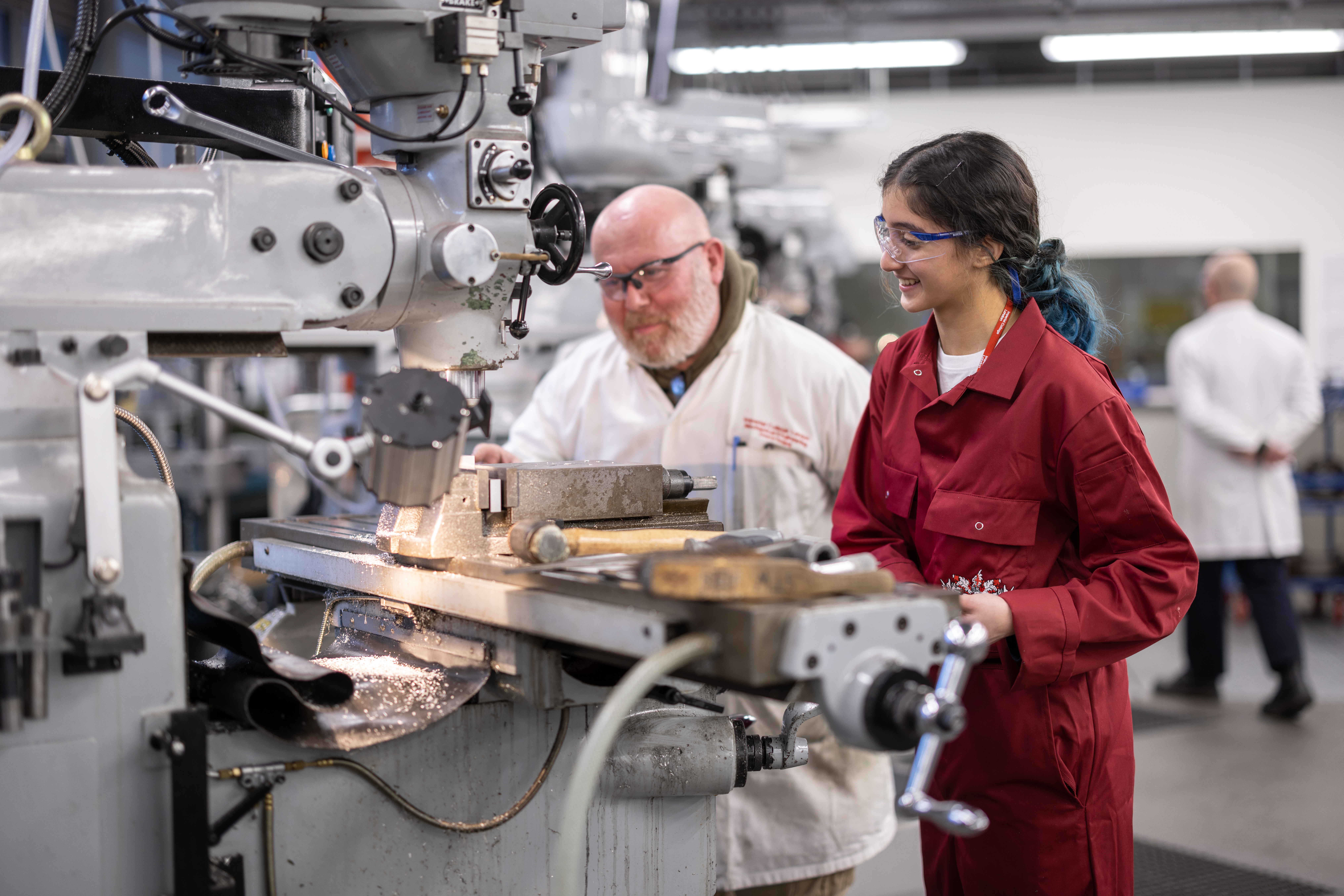

Imperial College London
Founded in 1907, Imperial is one of the world’s great universities, renowned for ground-breaking research, an outstanding tradition of translation of research for societal and economic good, a highly talented community of staff, students and alumni, and international reach. Our mission is to achieve enduring excellence in research and education in science, engineering, medicine, and business, for the benefit of society.
Imperial is one of the world’s top-performing universities and was rated best for research by the UKRI’s Research England.
We are seeking to appoint an experienced Chair OR Professor of Practice, (further role dependant details available), in Technology Sectoral Analysis. The successful Chair or Professor of Practice will be based in the Dyson School of Design Engineering, will be affiliated with the Faculty of Engineering and will also serve as the Co-Director of the Centre for Sectoral Economic Performance (CSEP), alongside an already appointed Chair and Co-Director based in Imperial College Business School. The Centre is a collaboration between Imperial College’s Business School and the Faculty of Engineering and is supported by the Imperial Policy Forum.
The new Centre was launched in late 2023 and has been funded by nearly £29m over a 10-year period in philanthropic support from the Gatsby Charitable Foundation, founded by Lord Sainsbury. The mission of the Centre is ambitious in seeking to build a national resource to help ensure that the UK’s high-value science and technology-based industries are globally competitive in the 21st century.
The Centre will bring together the UK’s top engineers, scientists business school academics, and policymakers, with the UK’s science and technology-based industries to co-design globally competitive strategies focusing on the UK’s existing and emerging high-value industries across engineering, life sciences, and data science.
The two Co-Directors will share overall responsibility for delivering the Centre’s goals and objectives. The ideal candidate is an experienced and influential industry leader, also with a strong record of working collaboratively between Industry and academia or as an academic. The Co-Director will also be jointly responsible for the overall running of the Centre. They will lead on the development of the Centre’s Strategy to guide the delivery of new themes and projects, engage in research translation activities, and monitor the Centre activities to ensure compliance with its governance processes. They will directly report to the Deans of the Faculty of Engineering and Imperial College Business School, to the University President, and to the Centre’s Strategic Advisory Board.
Applications are sought from globally outstanding candidates with significant experience of leadership in, or working alongside, industry, ideally across several technology sectors and in both the UK and internationally. We are particularly interested in candidates with a world-leading track record of accomplishment in developing strategies and policies that address both company-level, national and international competitiveness, as well as a demonstrable ability to advise on and influence governmental policy.
This is a once-in-a-lifetime opportunity to lead a Centre that will deepen knowledge in value generation, innovation, and productivity, as well as develop recommendations for action by industry, government, and academia.
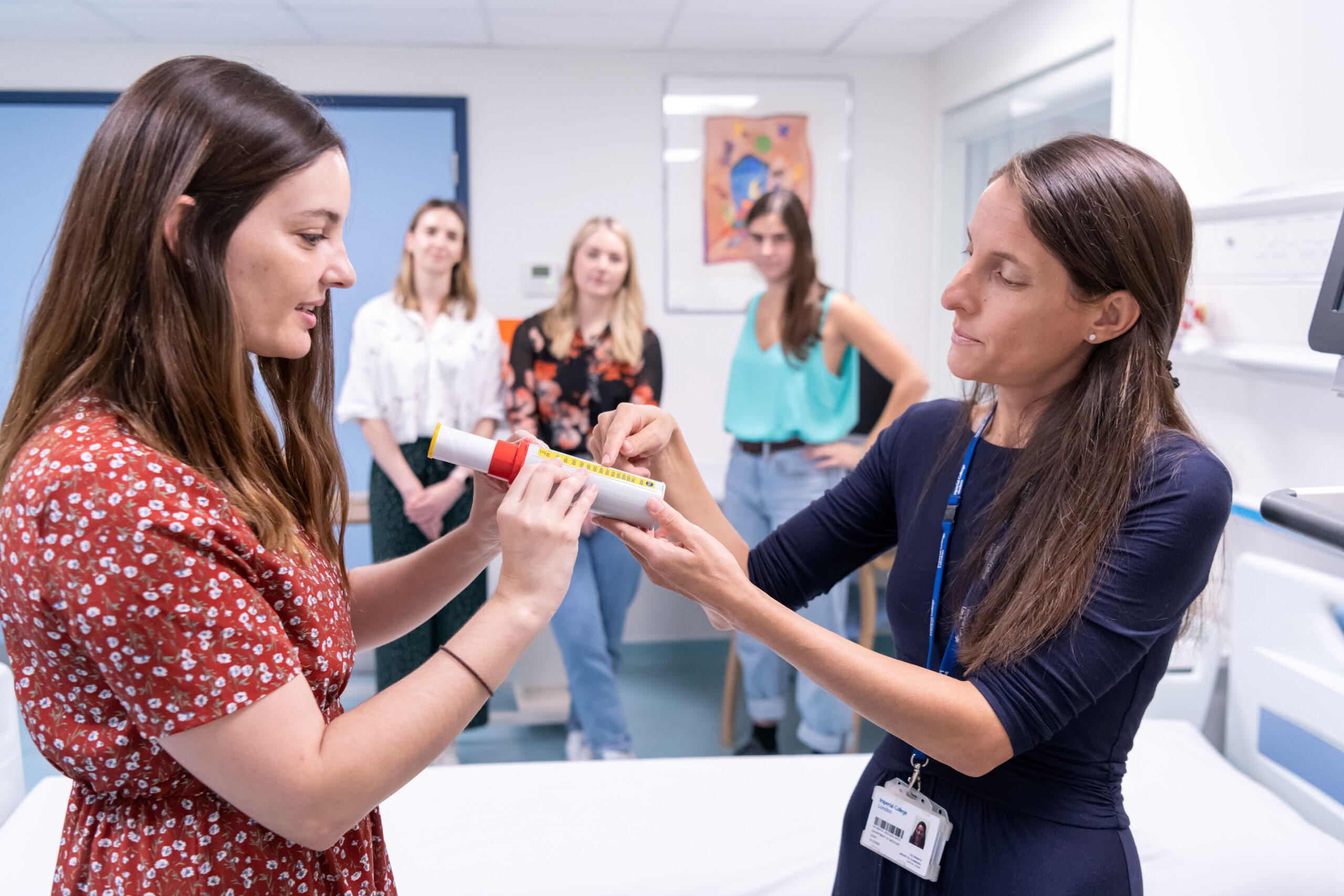
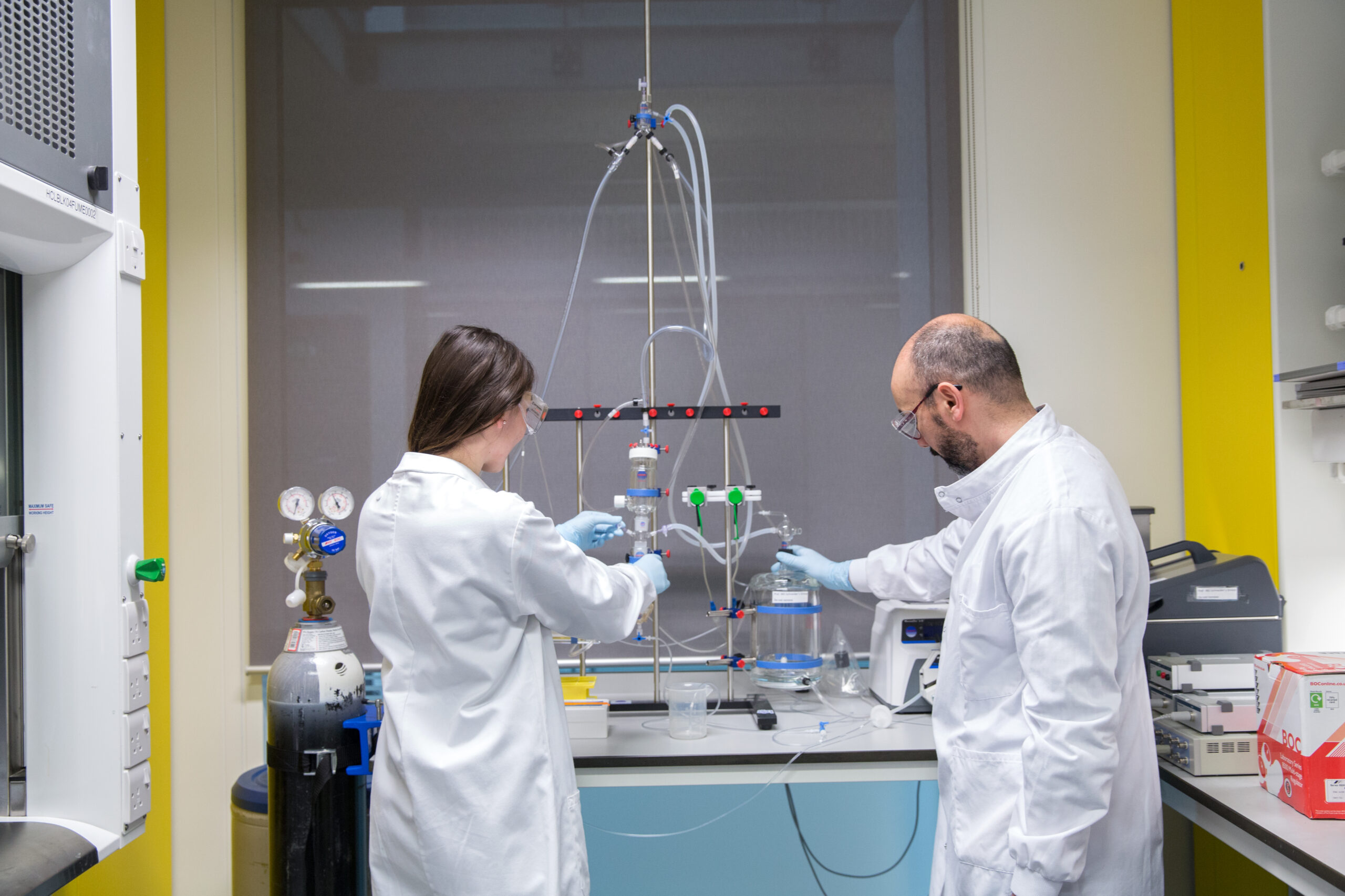
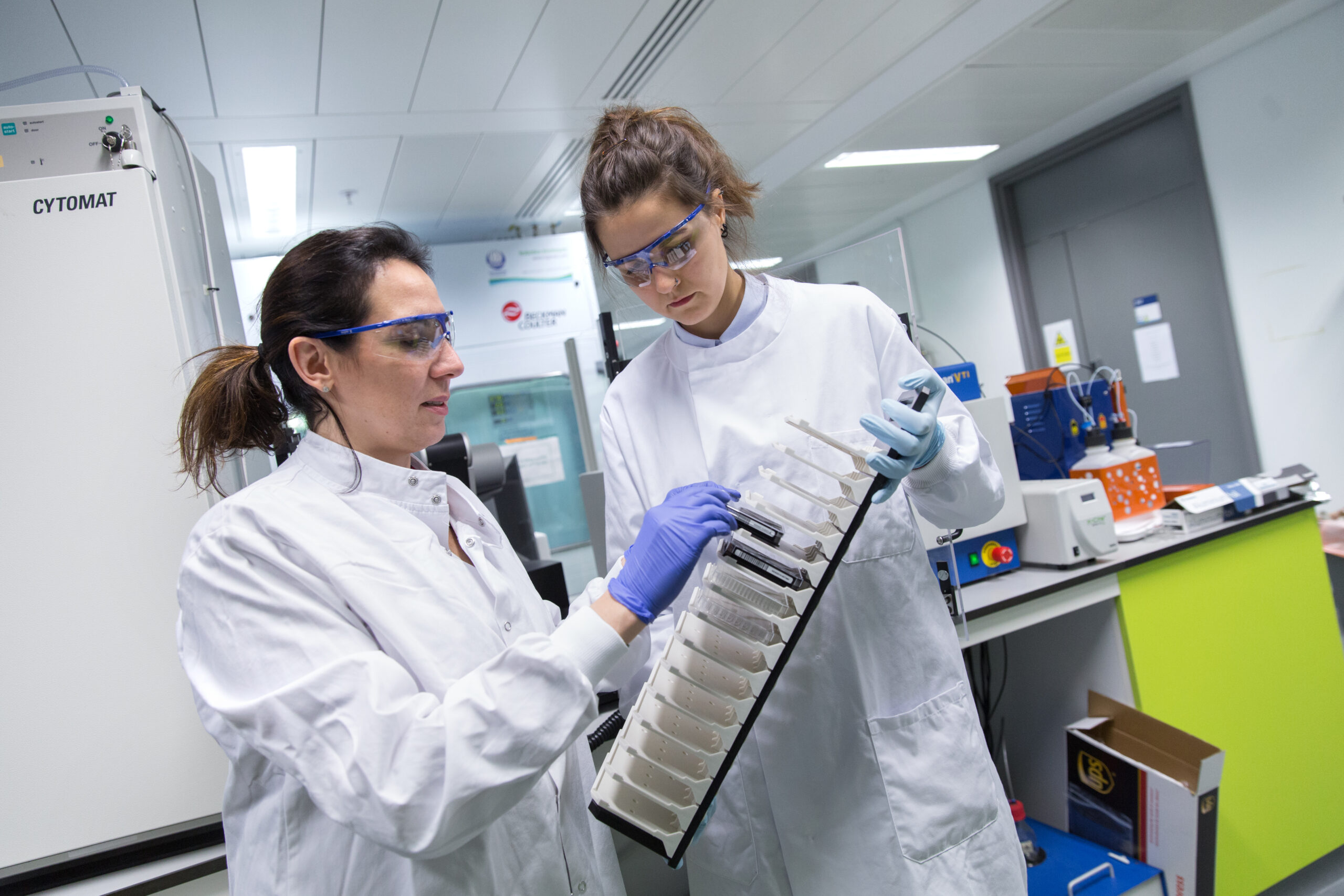



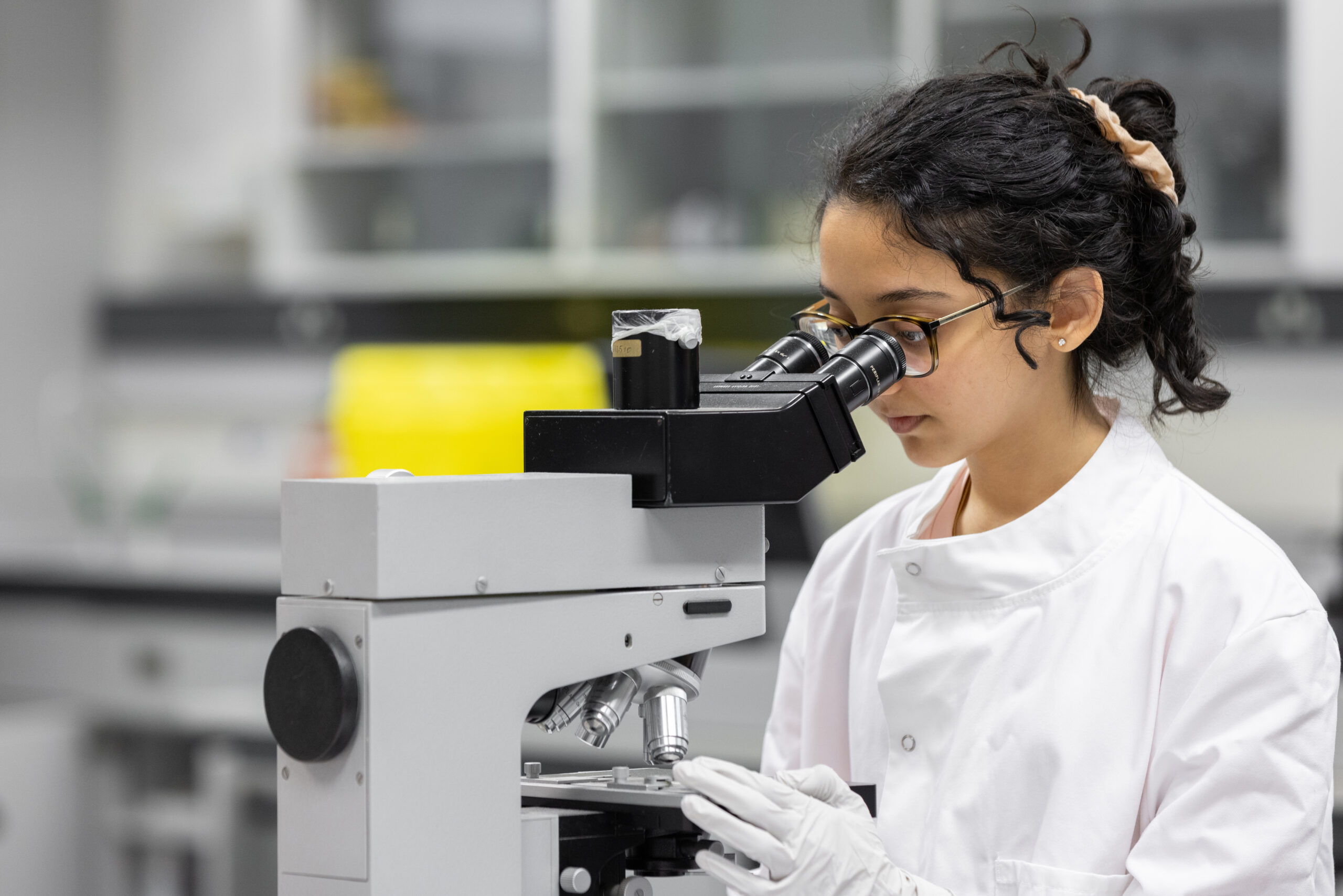

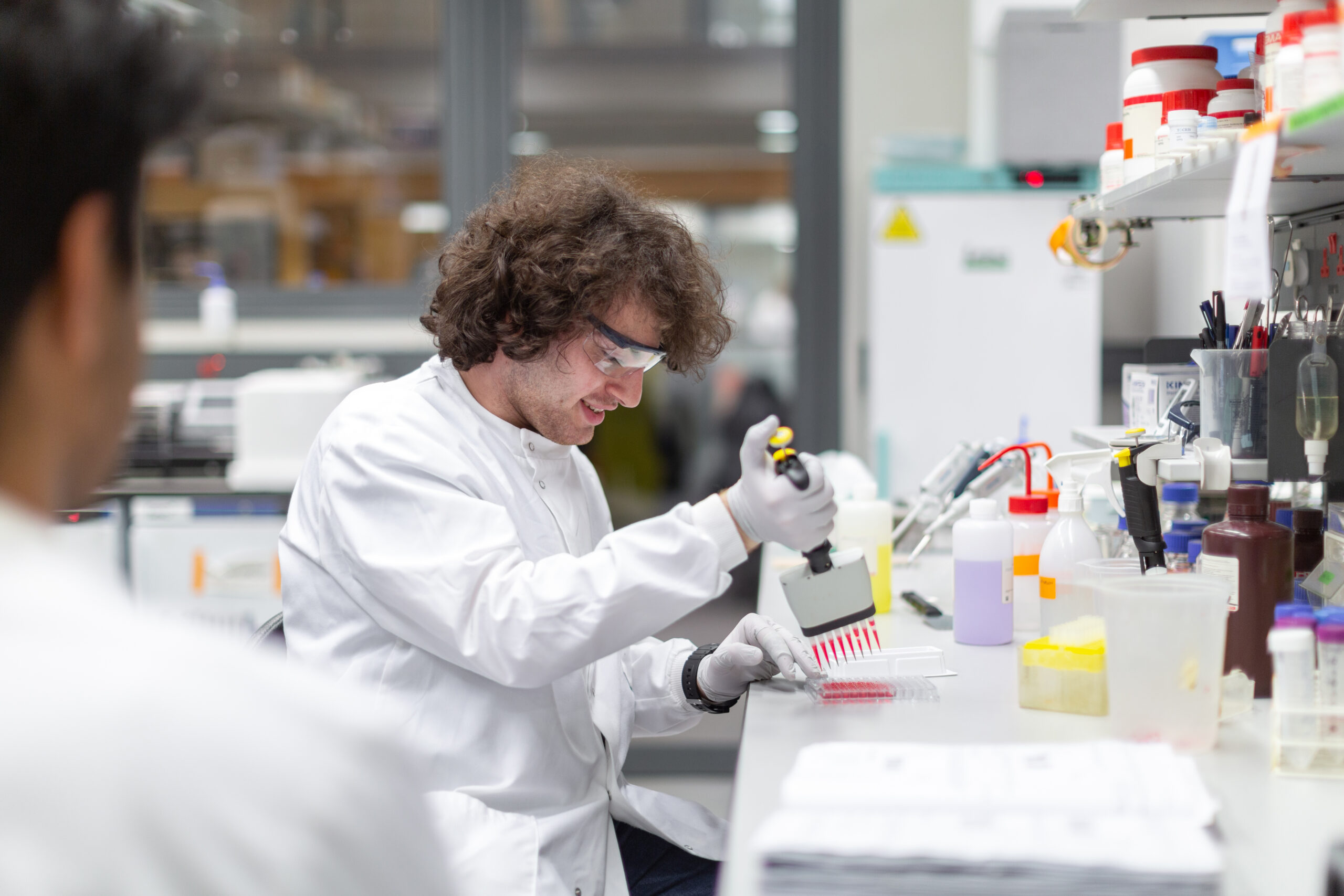
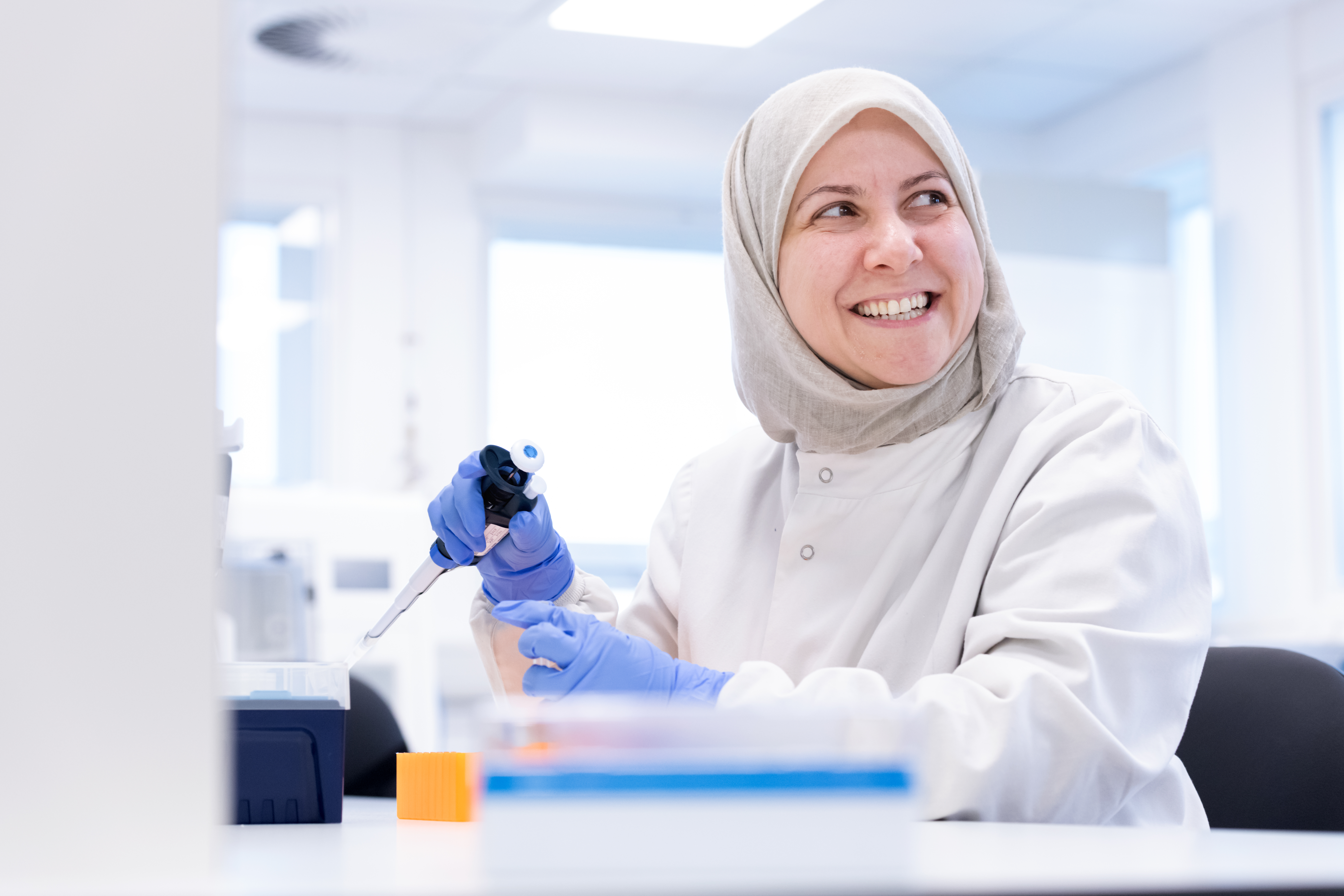


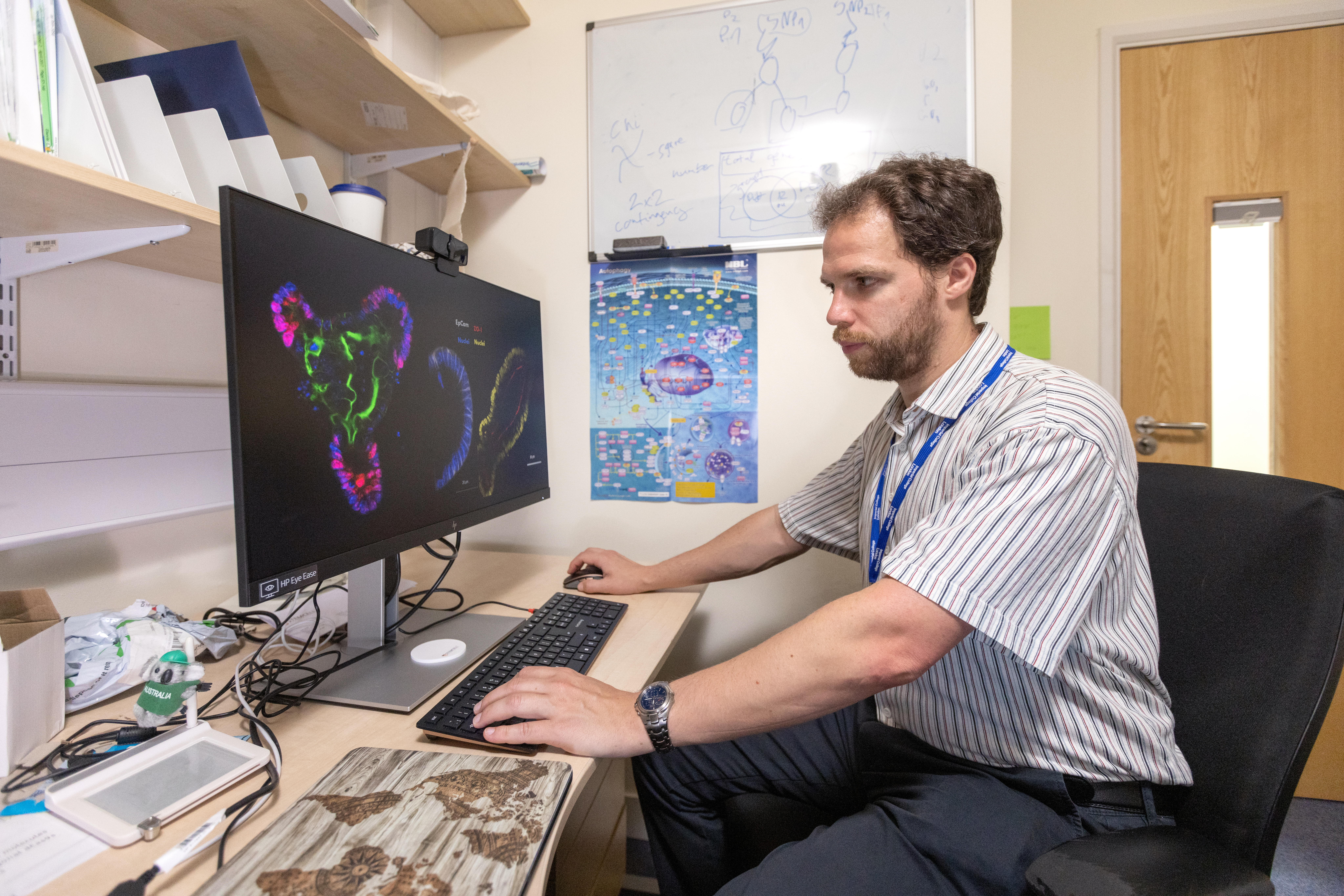



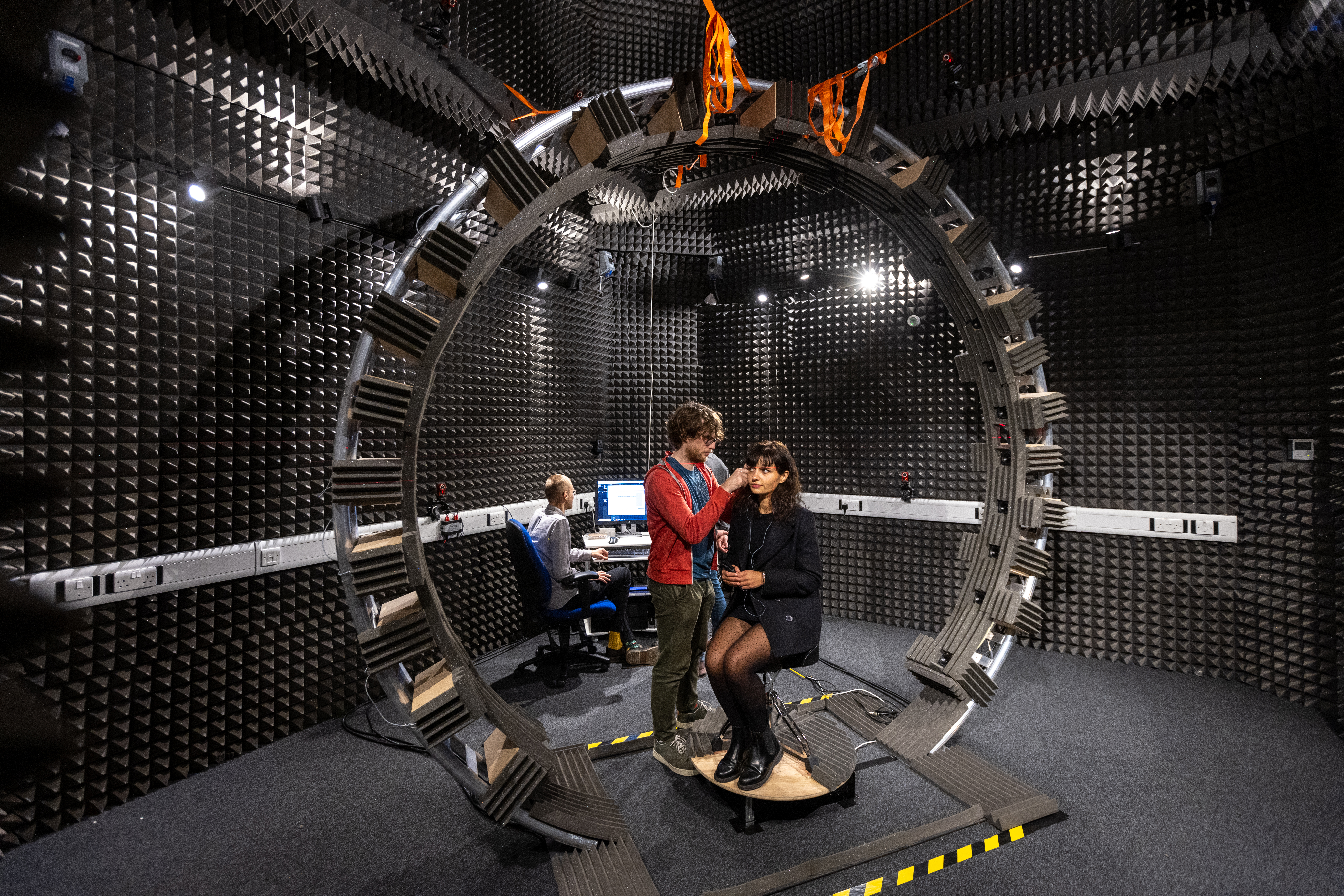
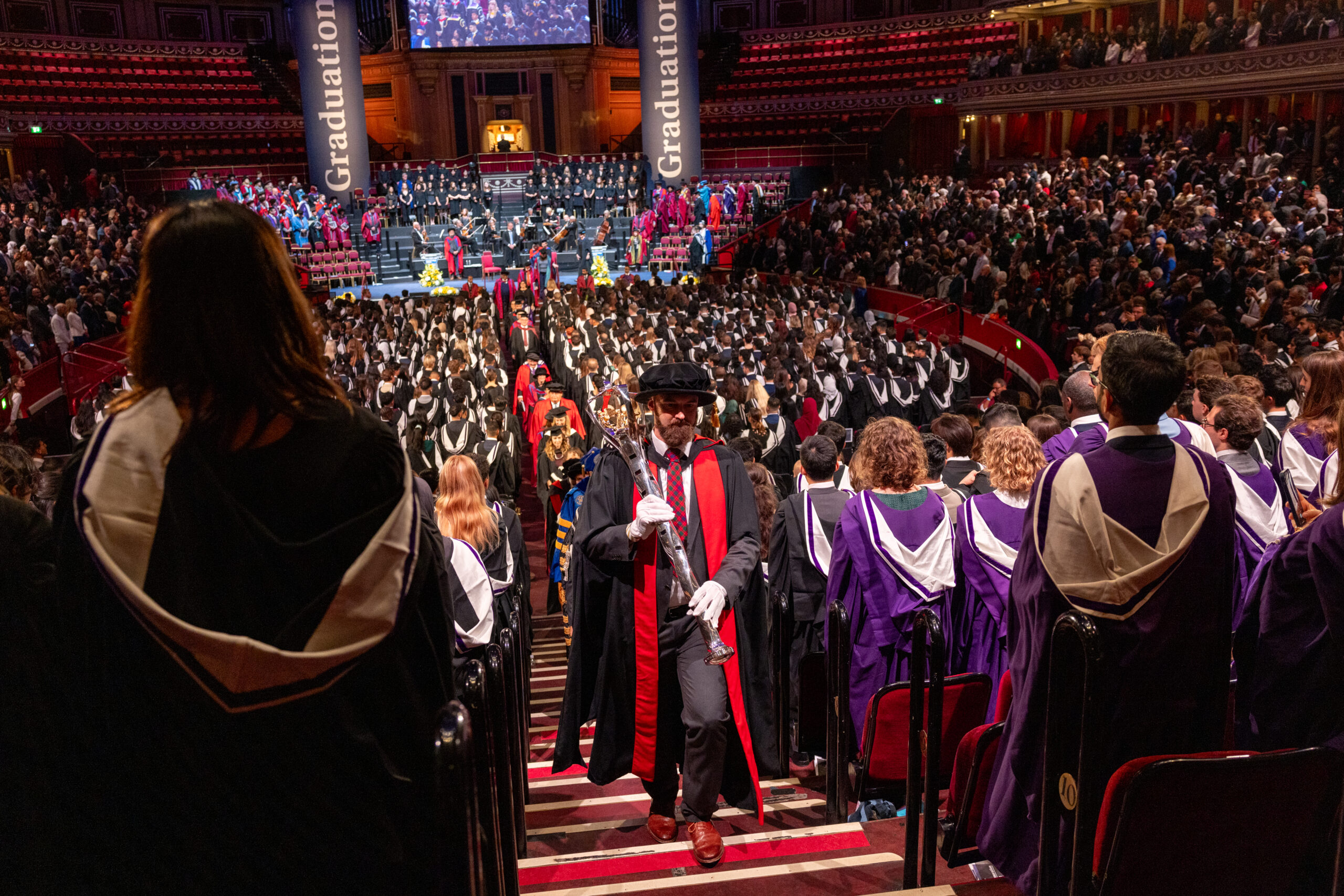




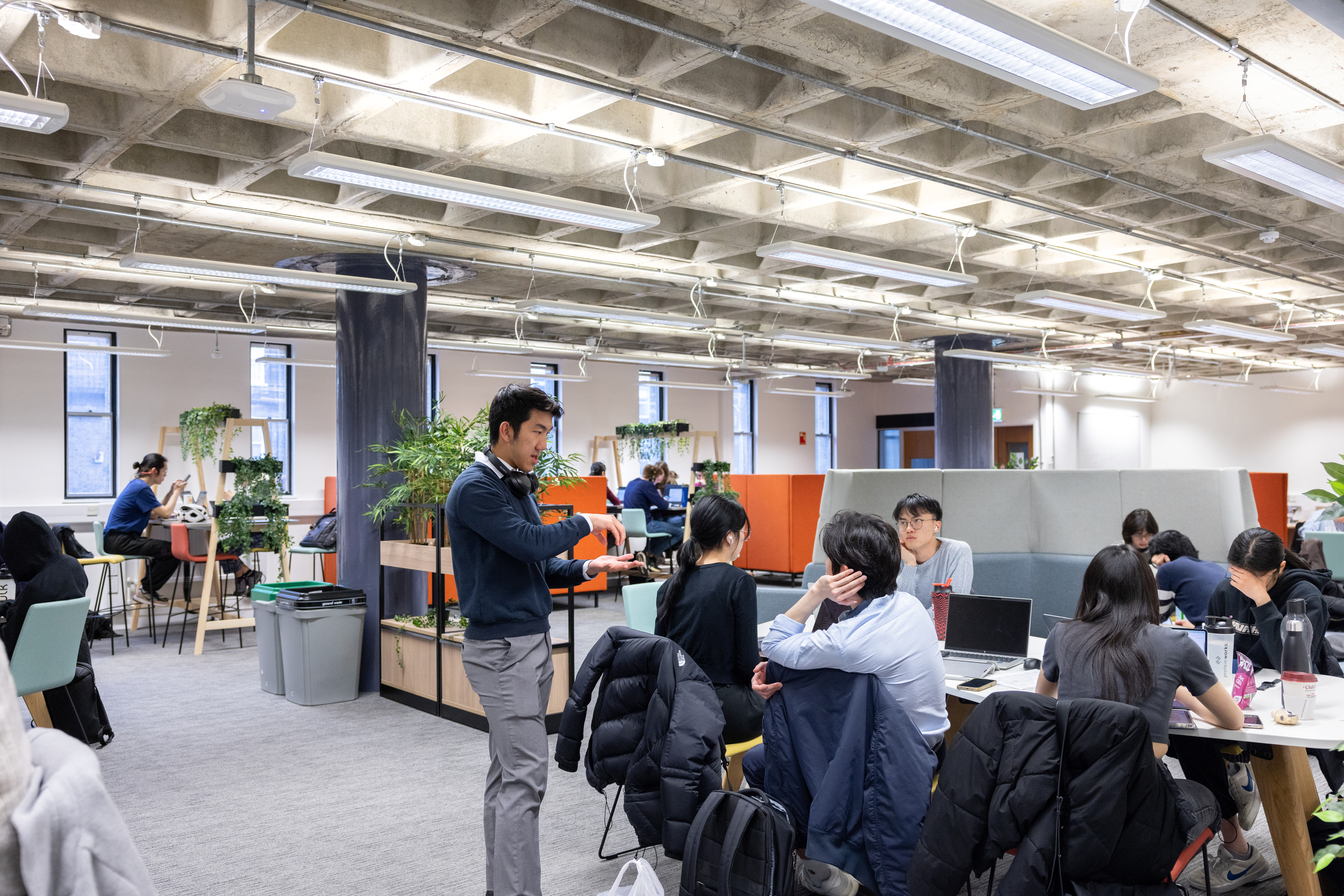



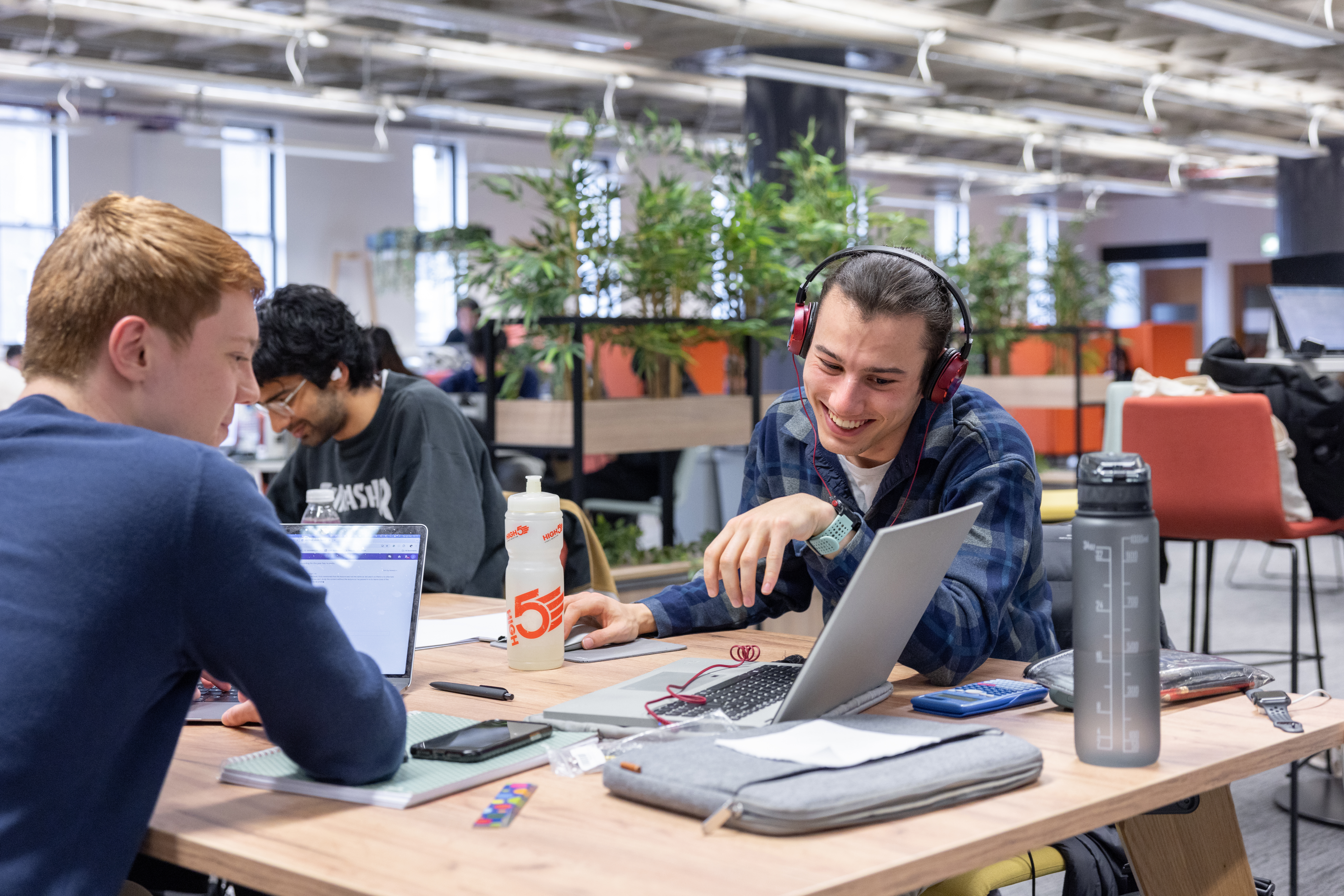

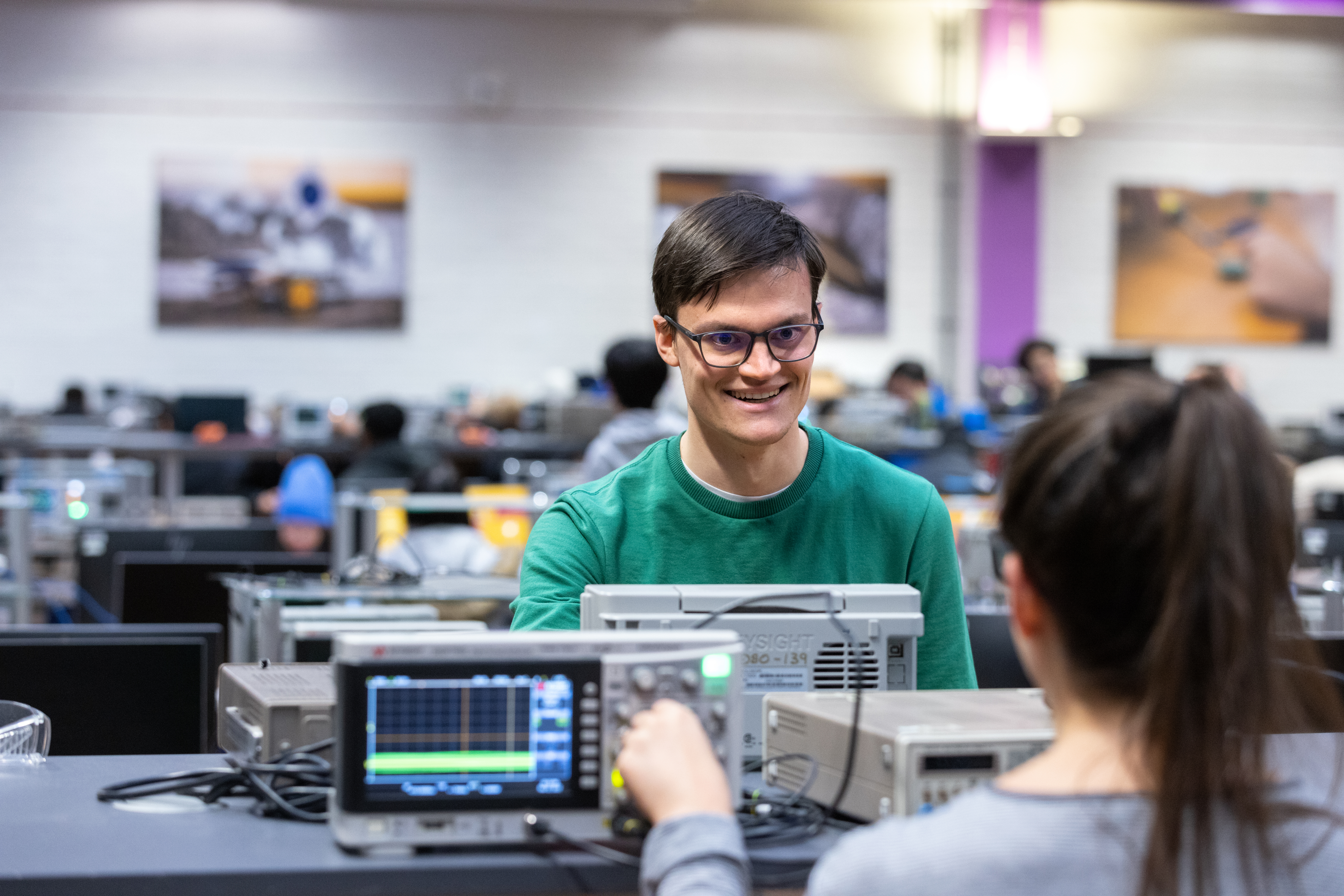
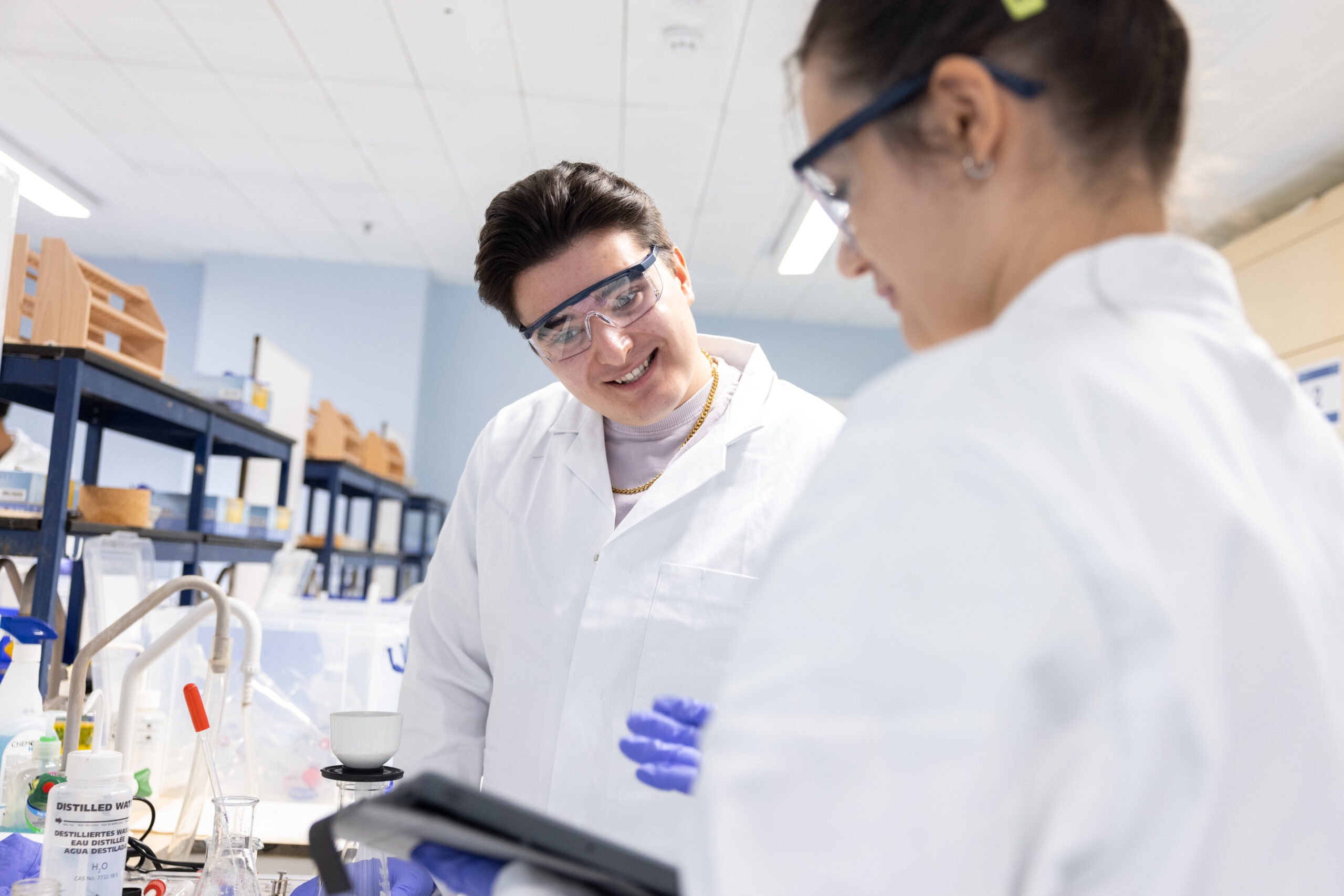
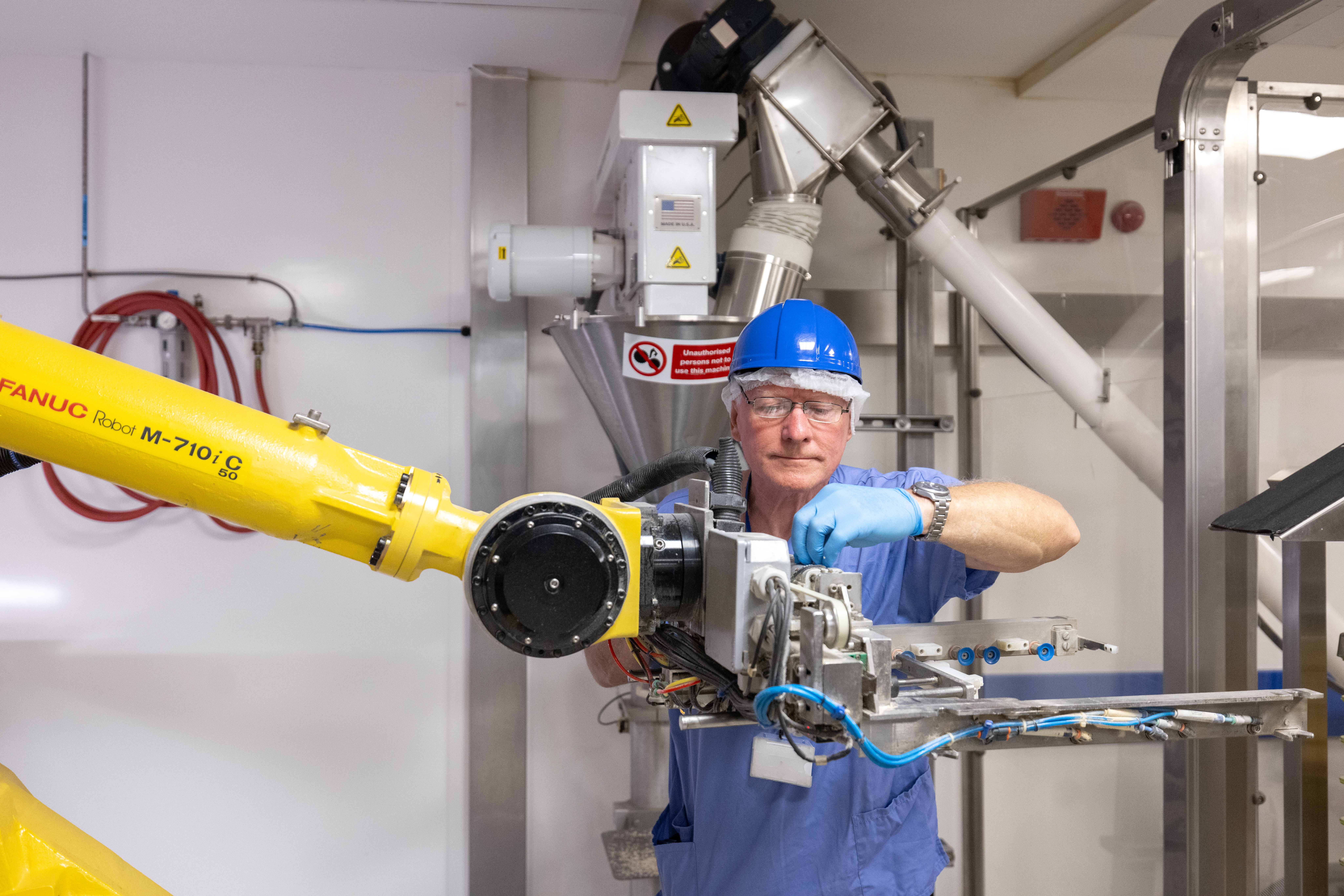
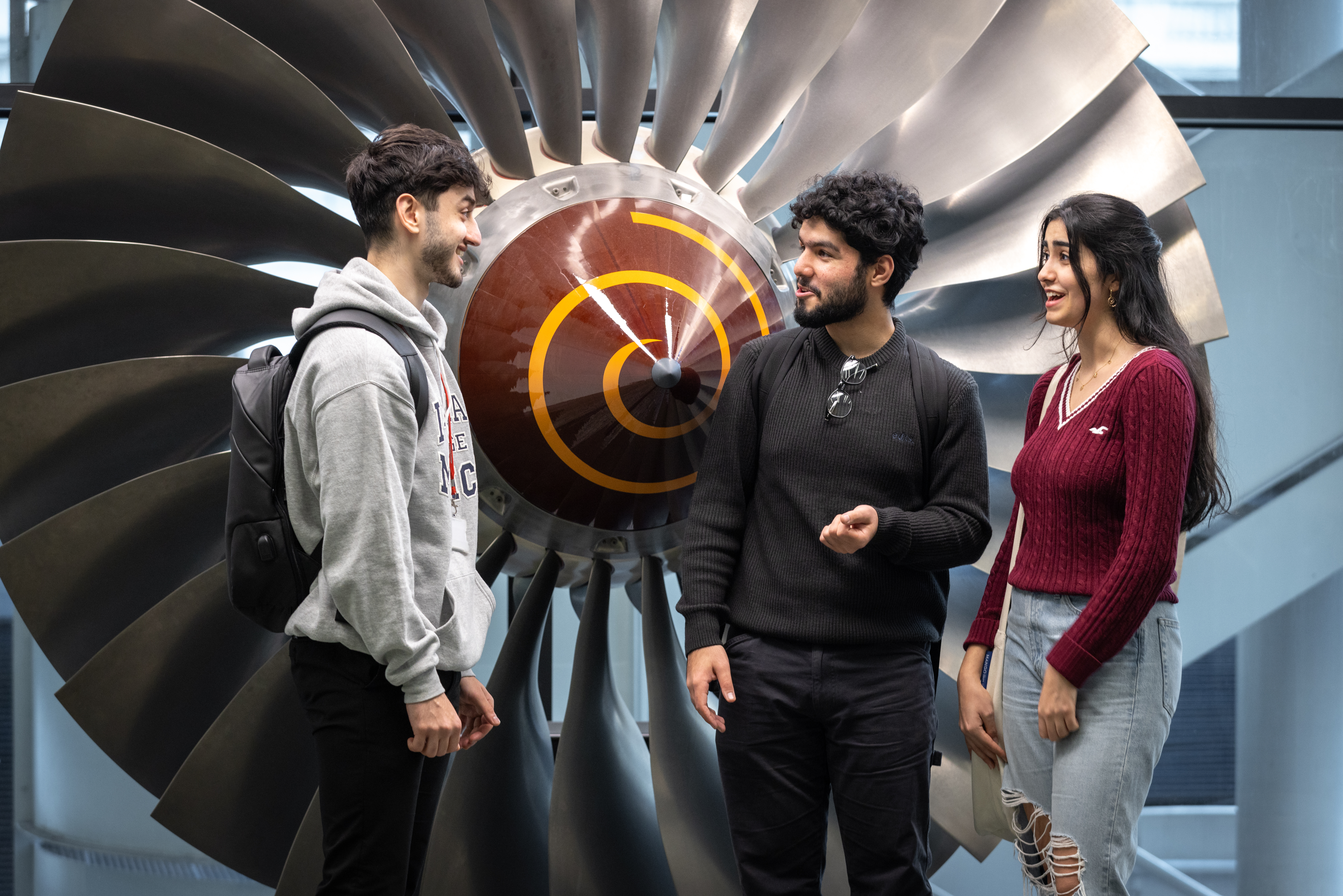
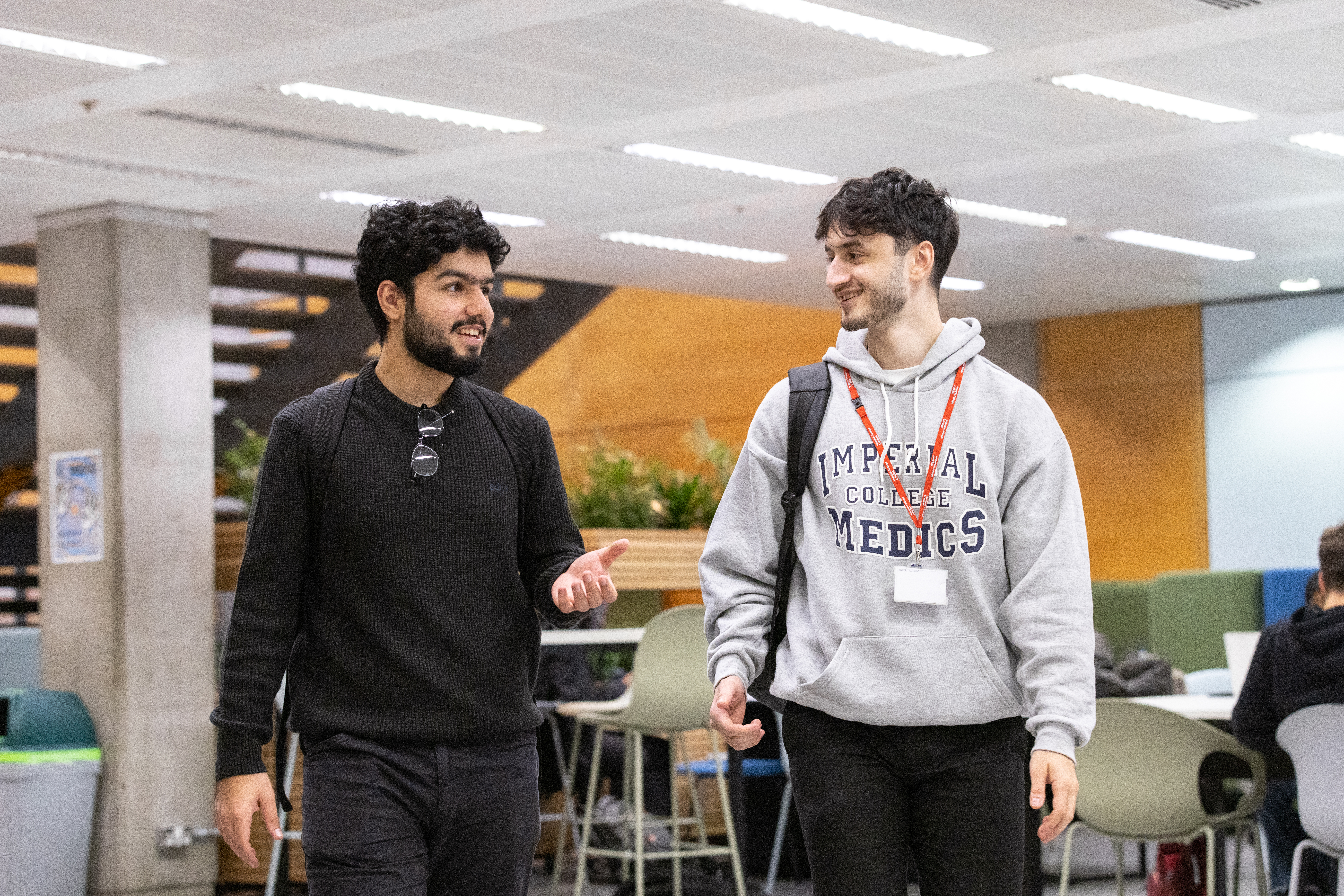
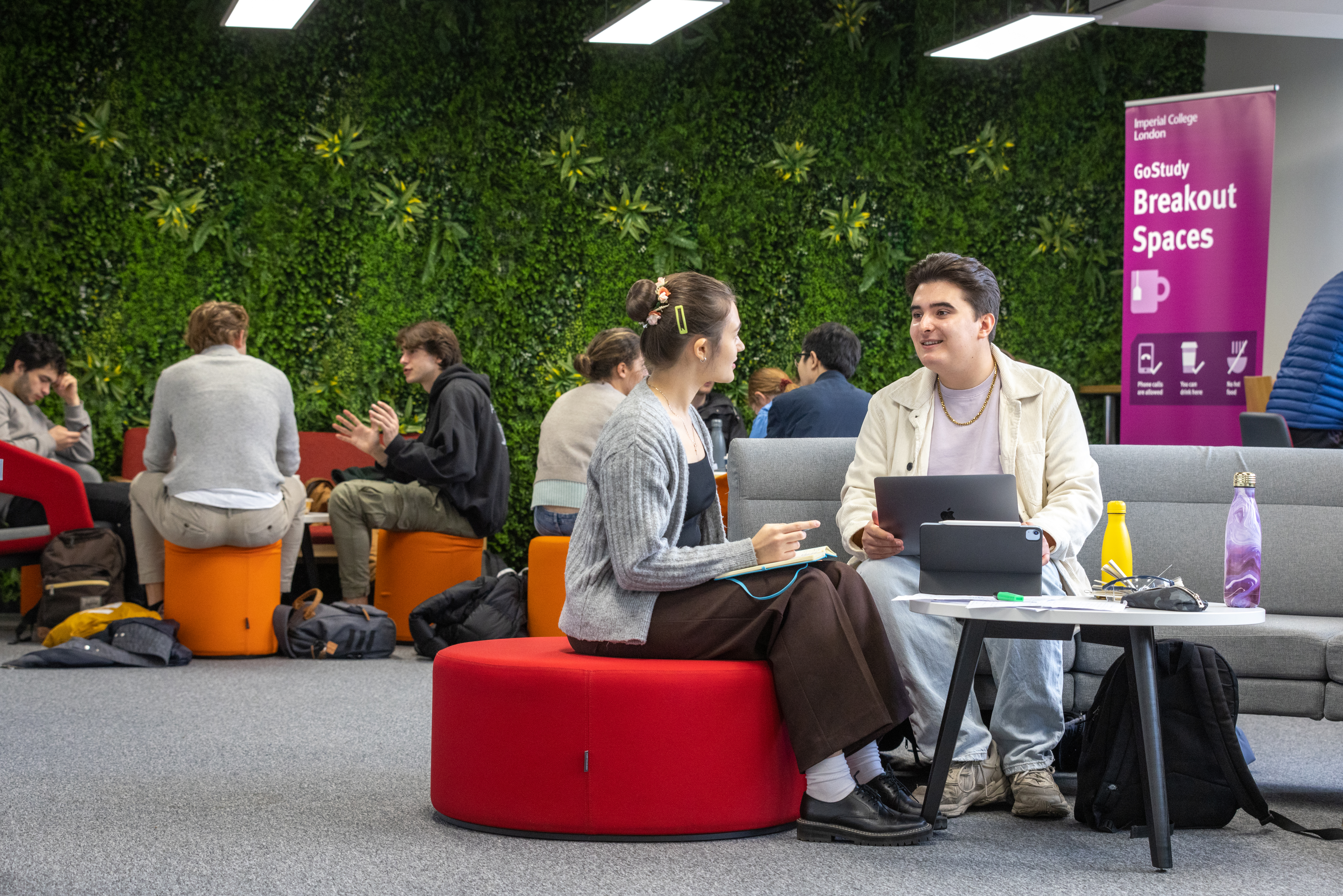

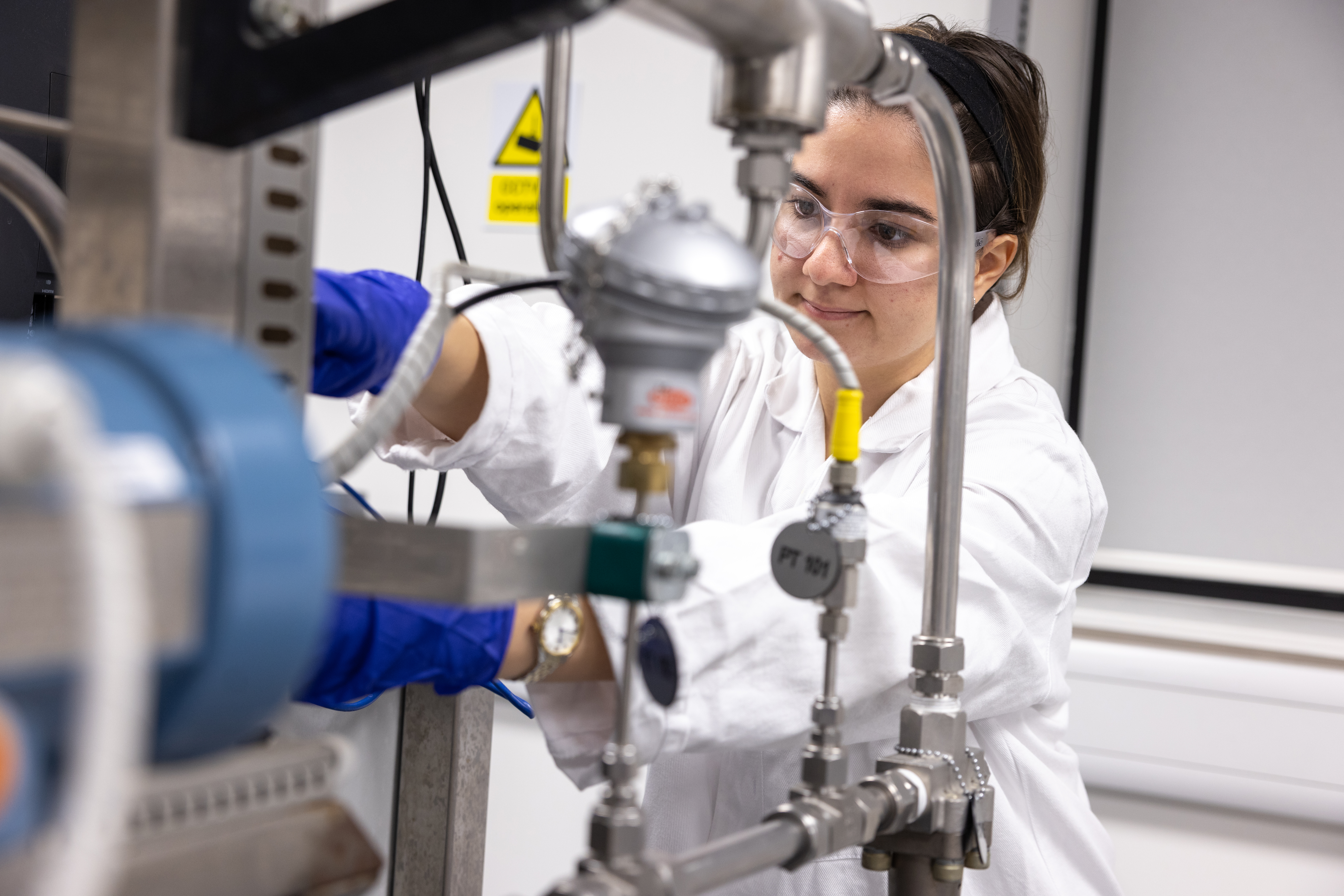
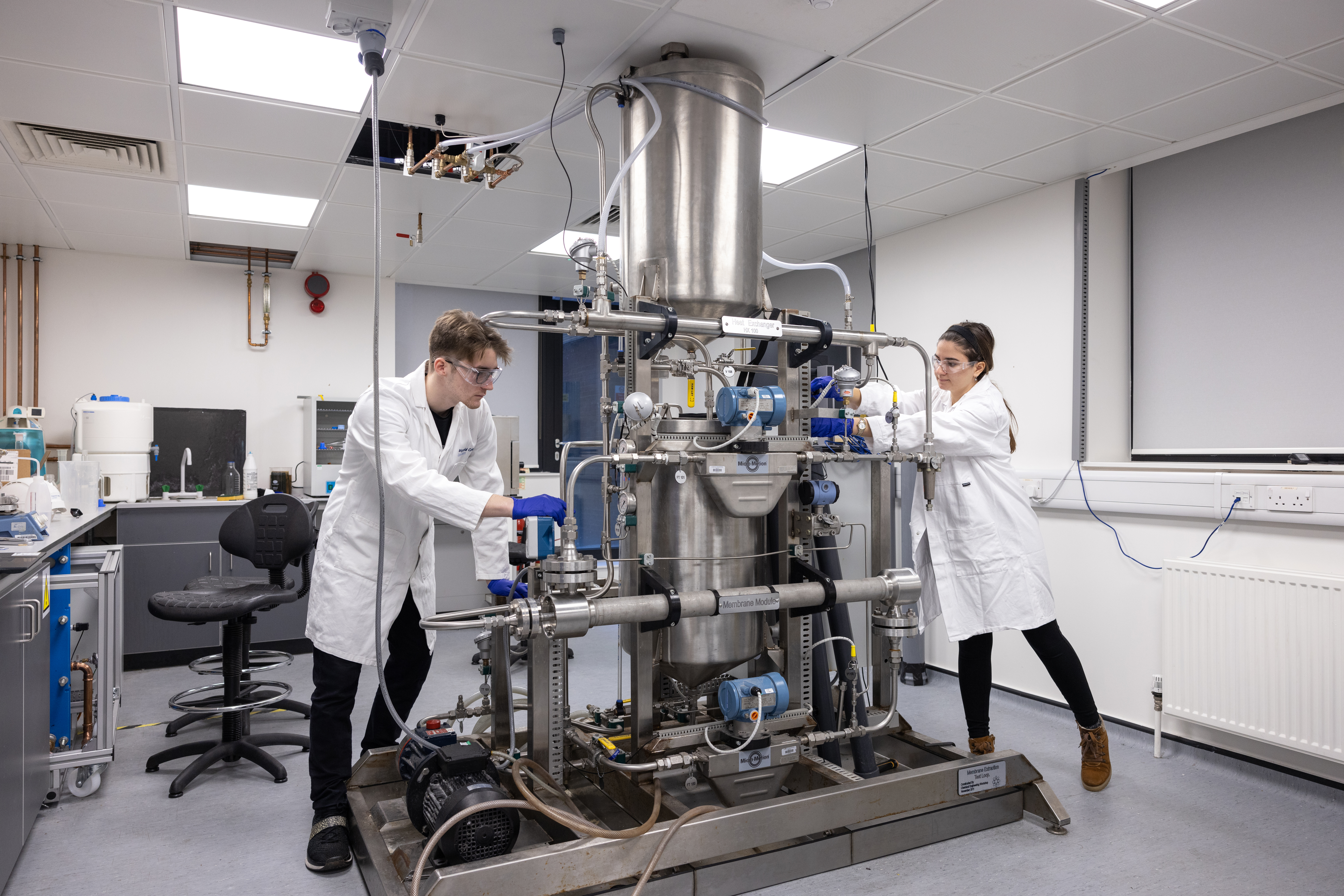
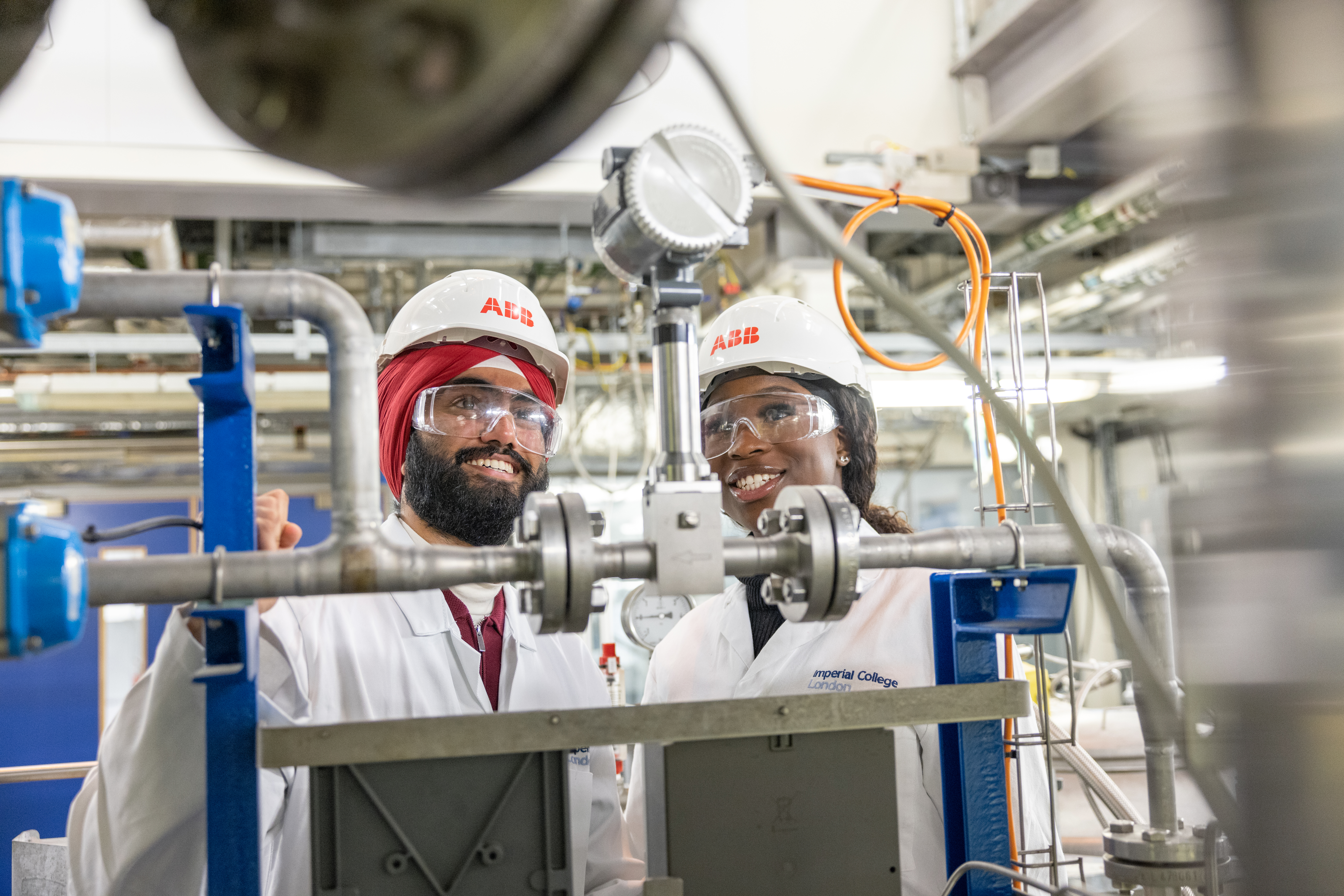


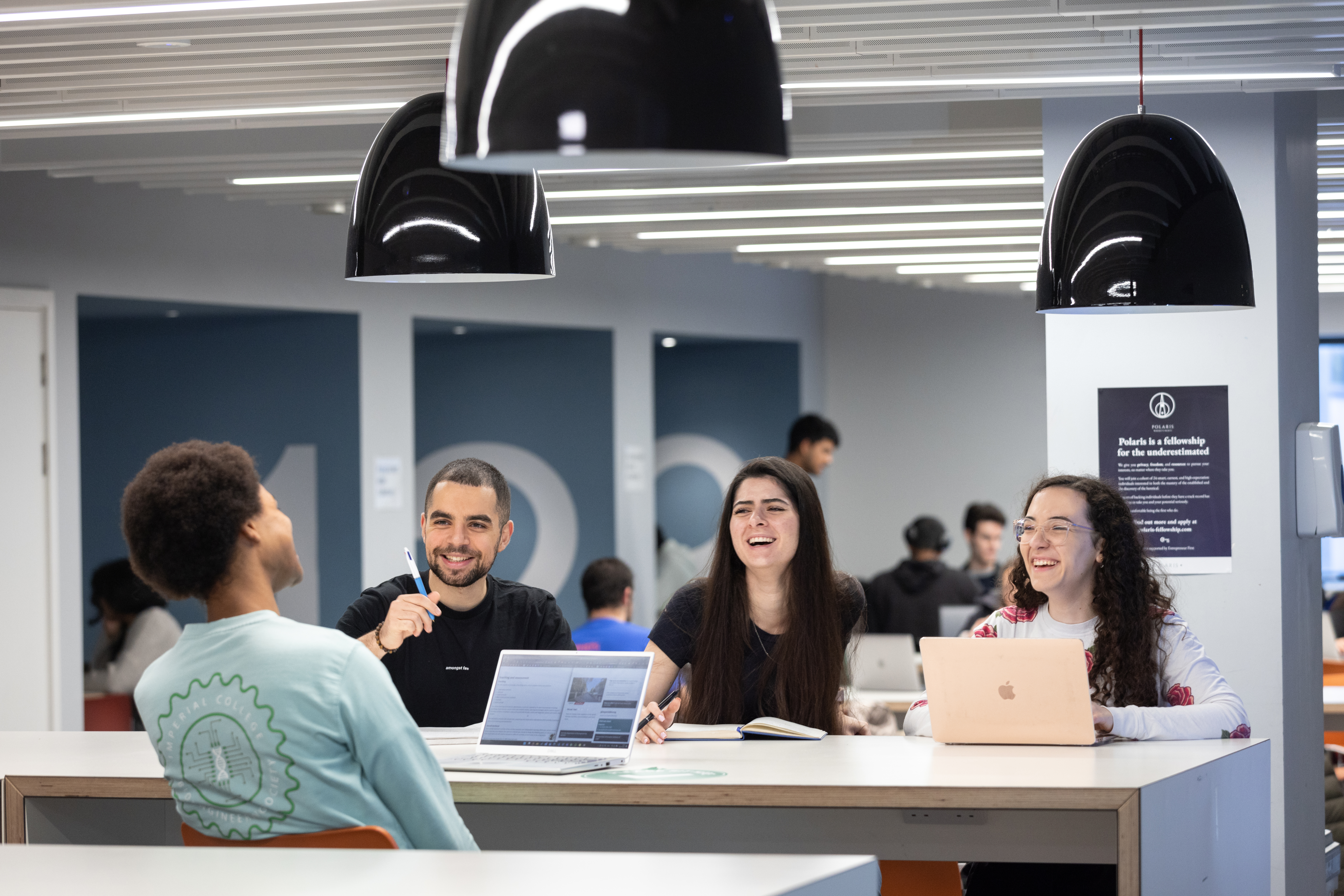




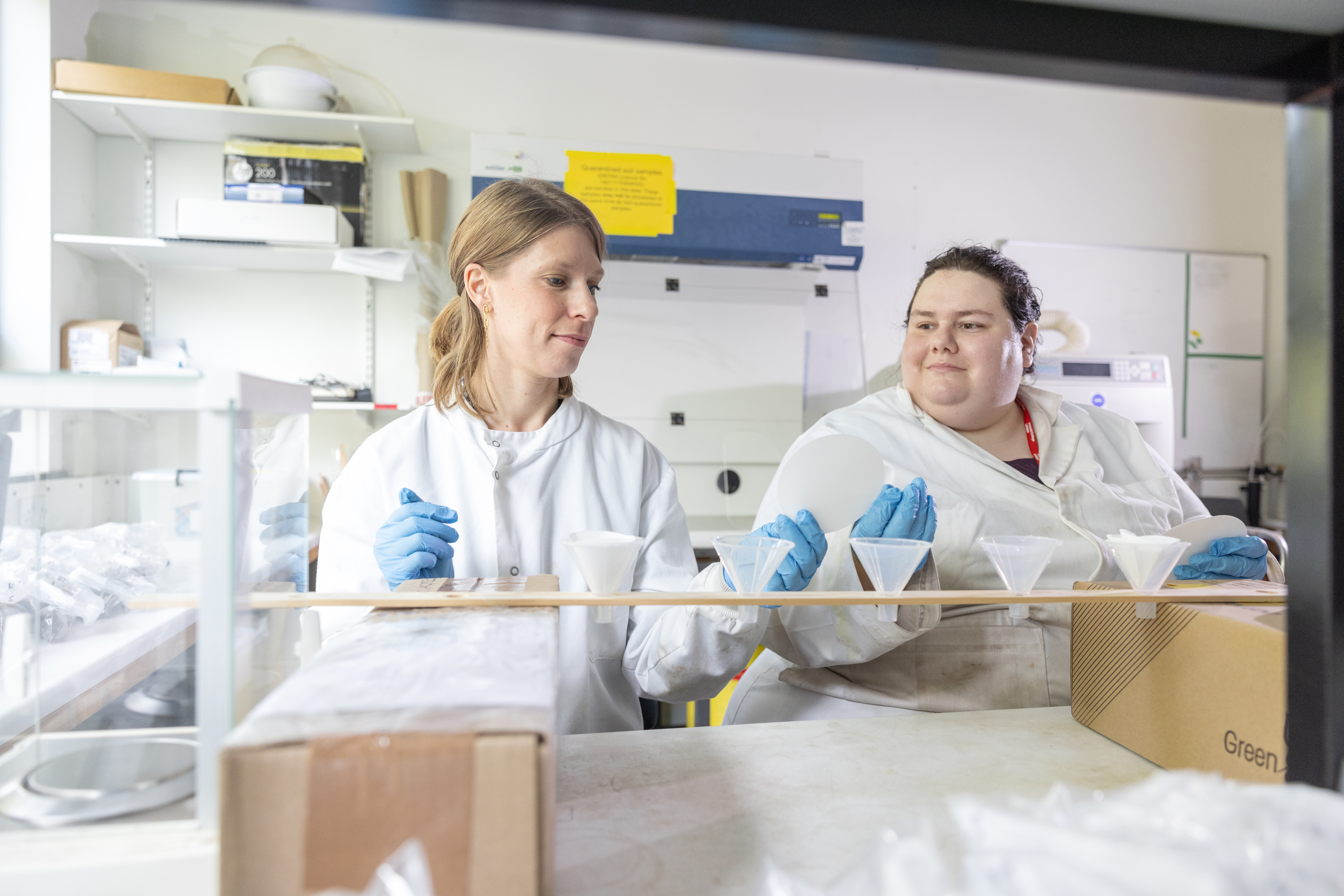

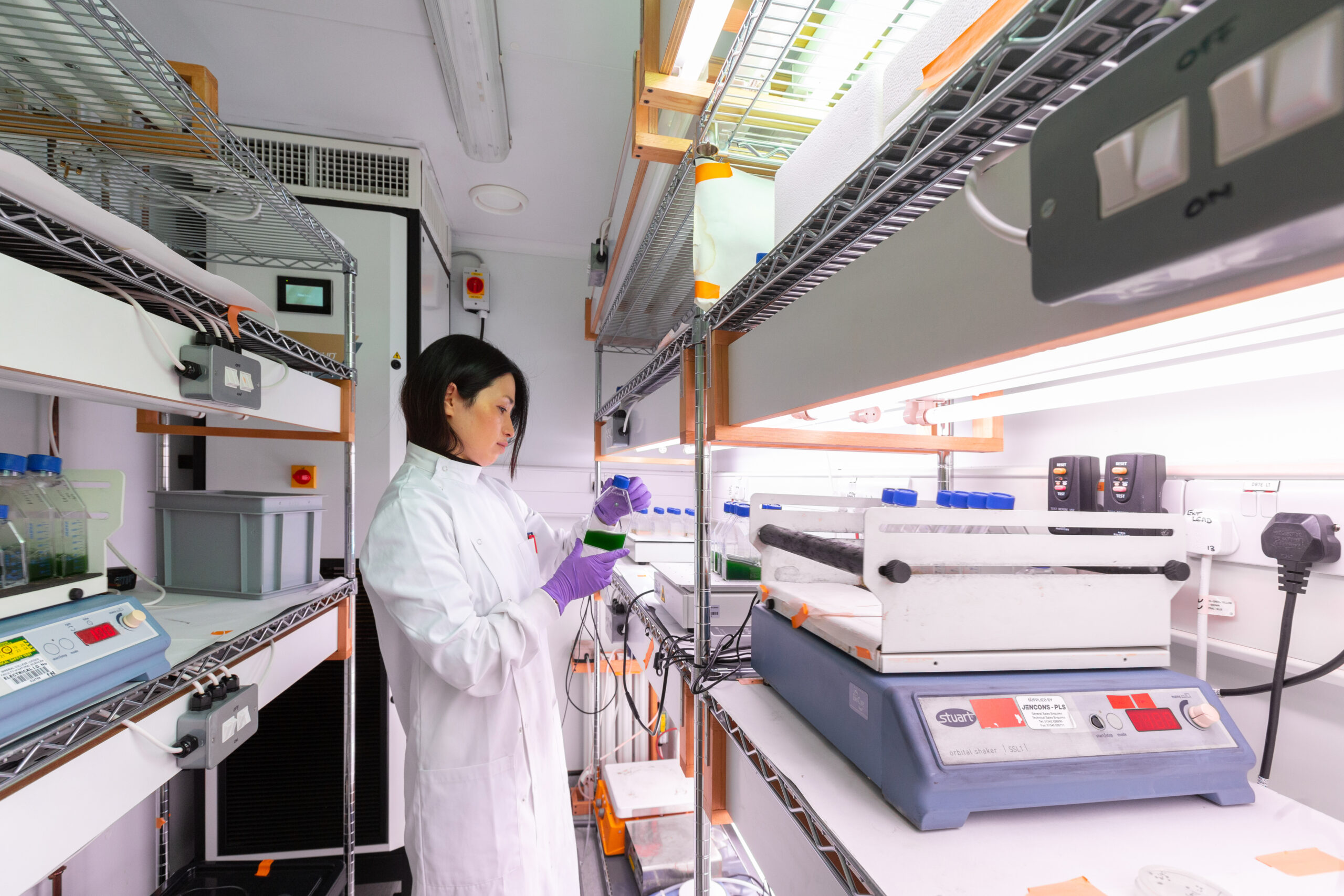
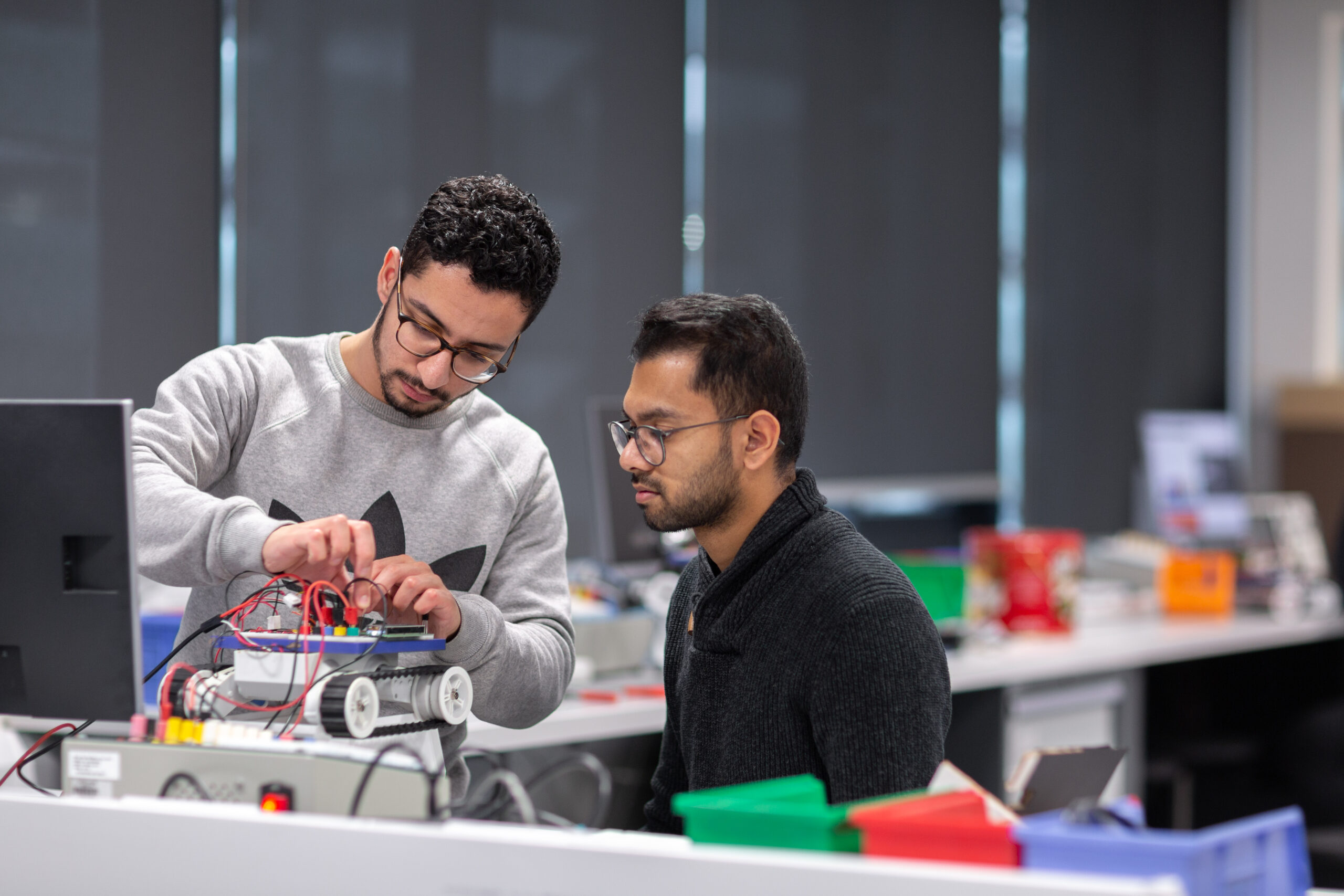


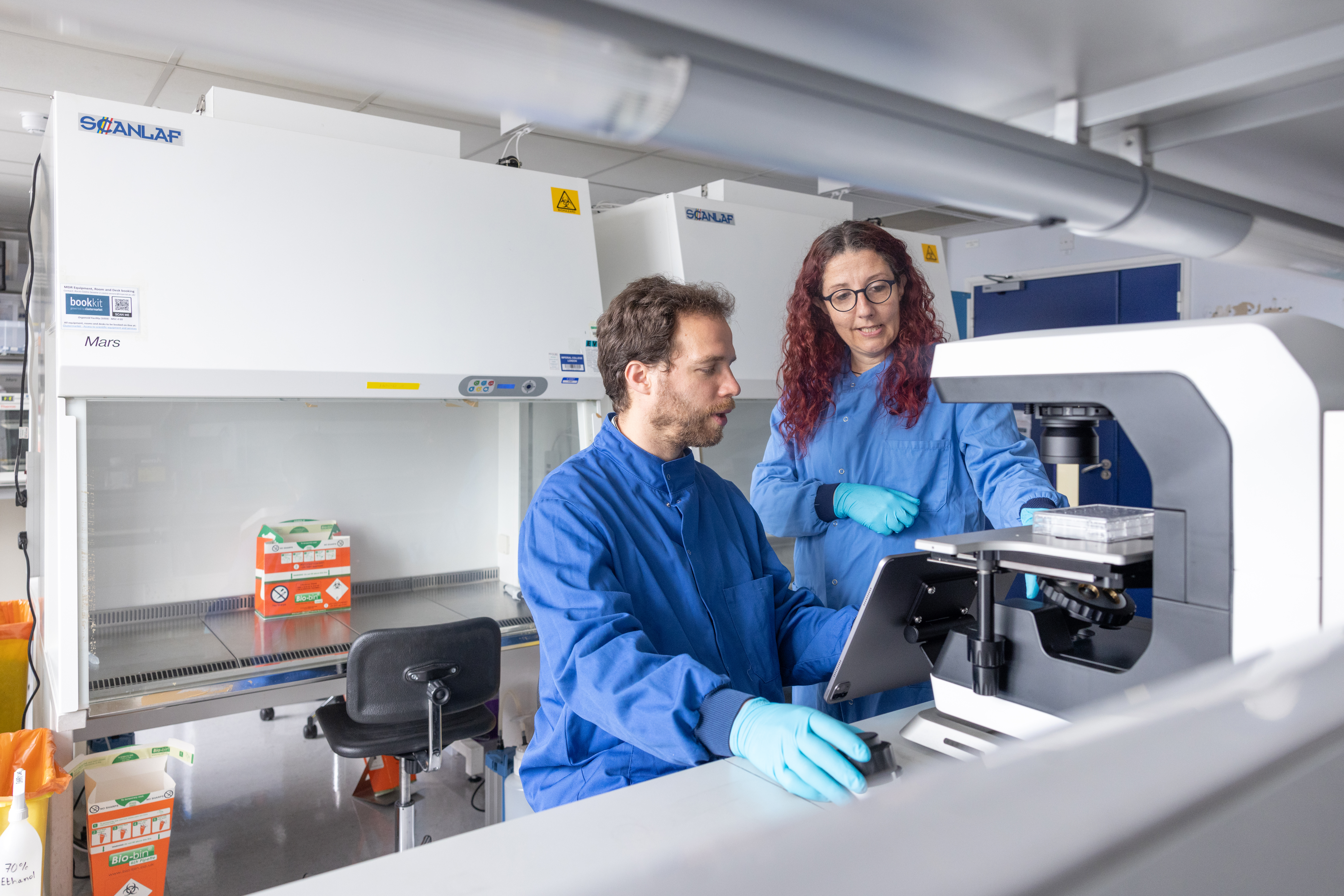
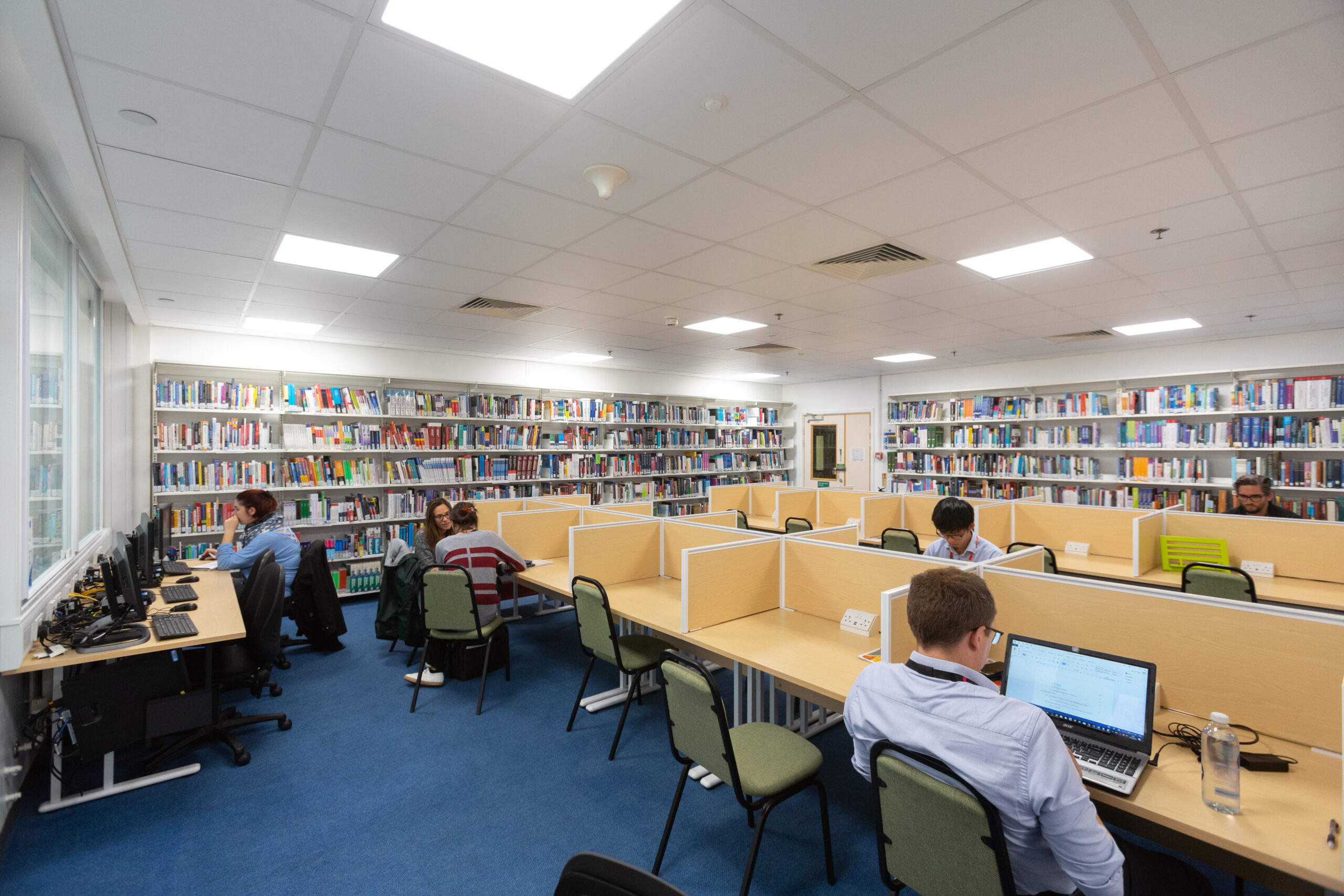
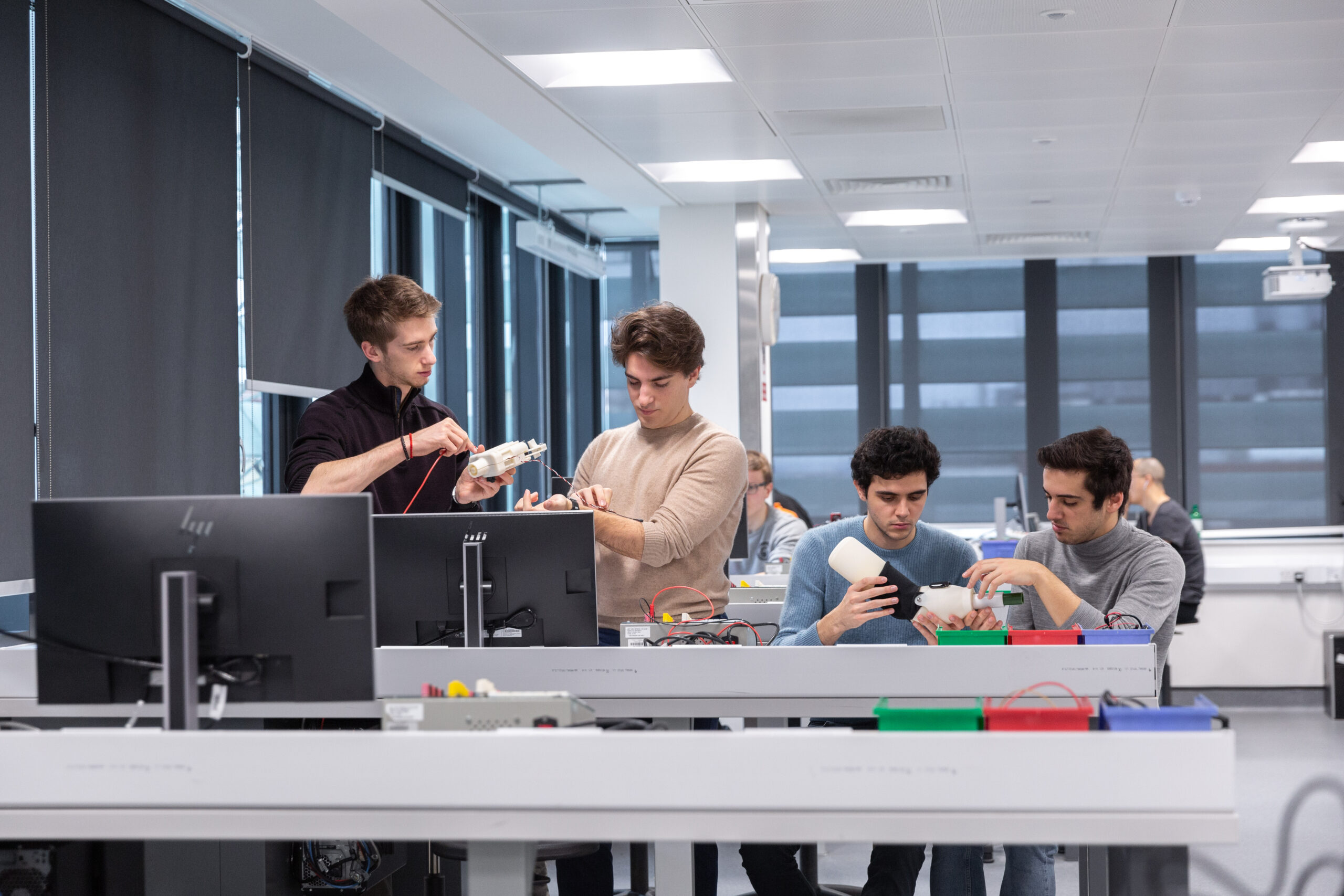
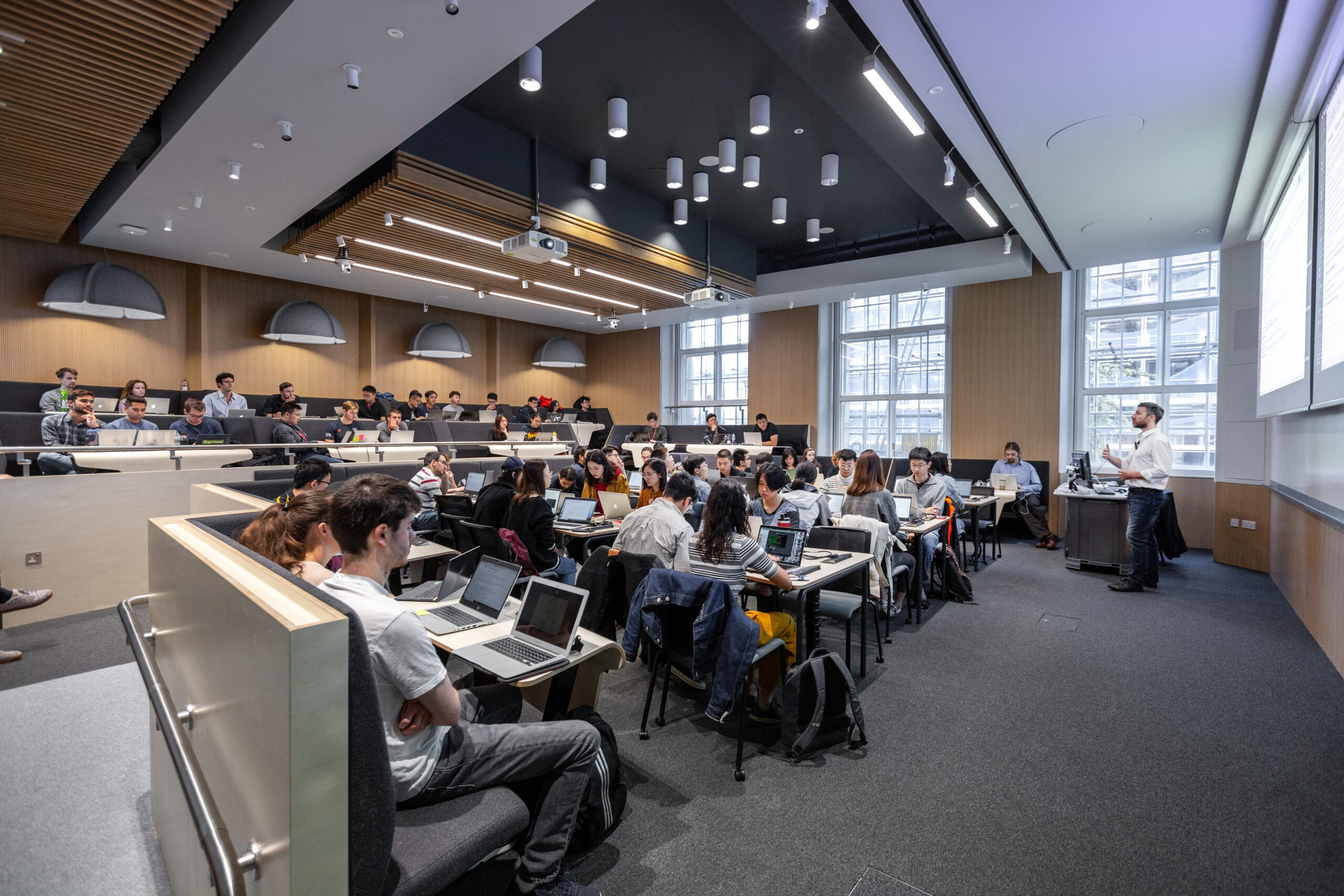
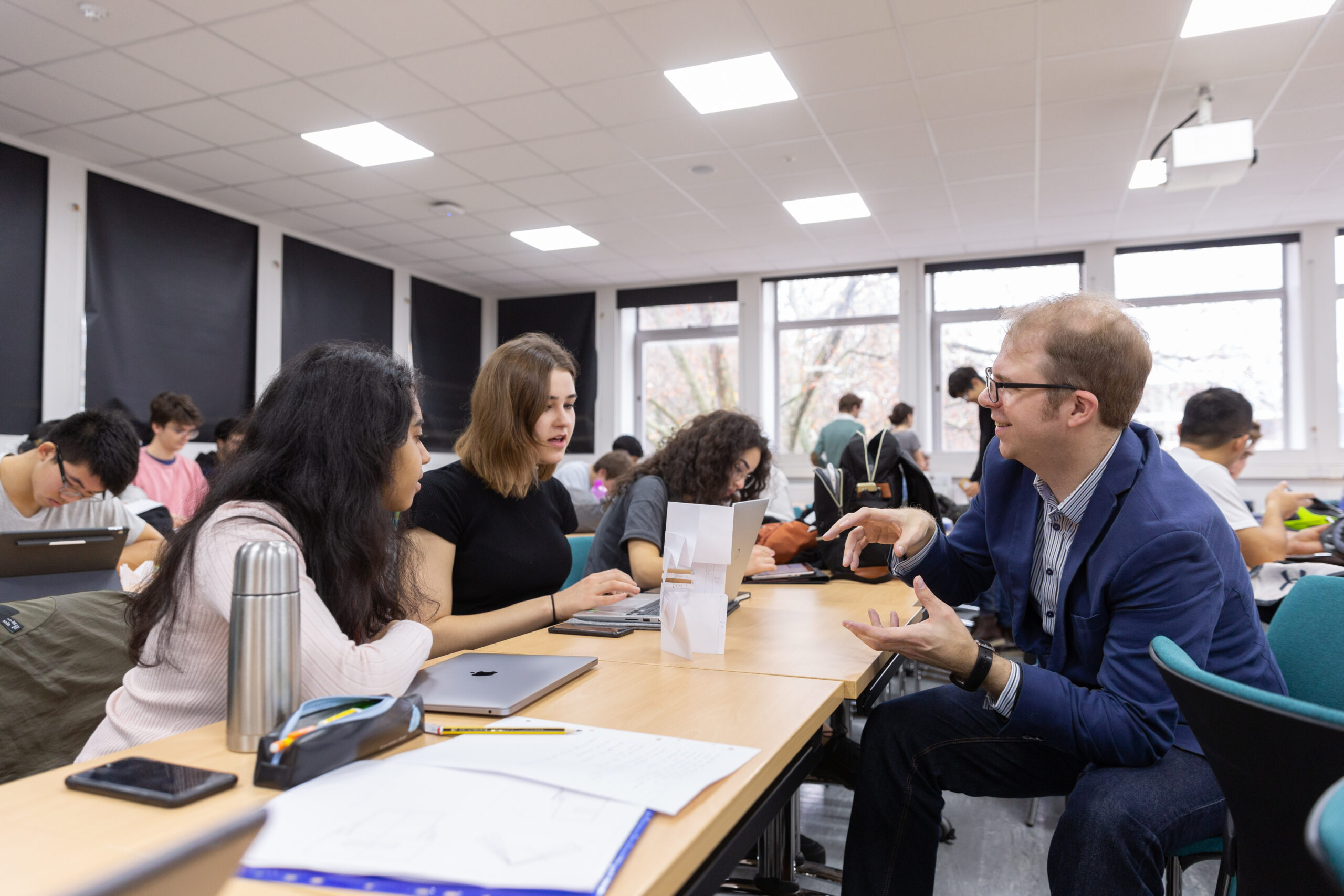
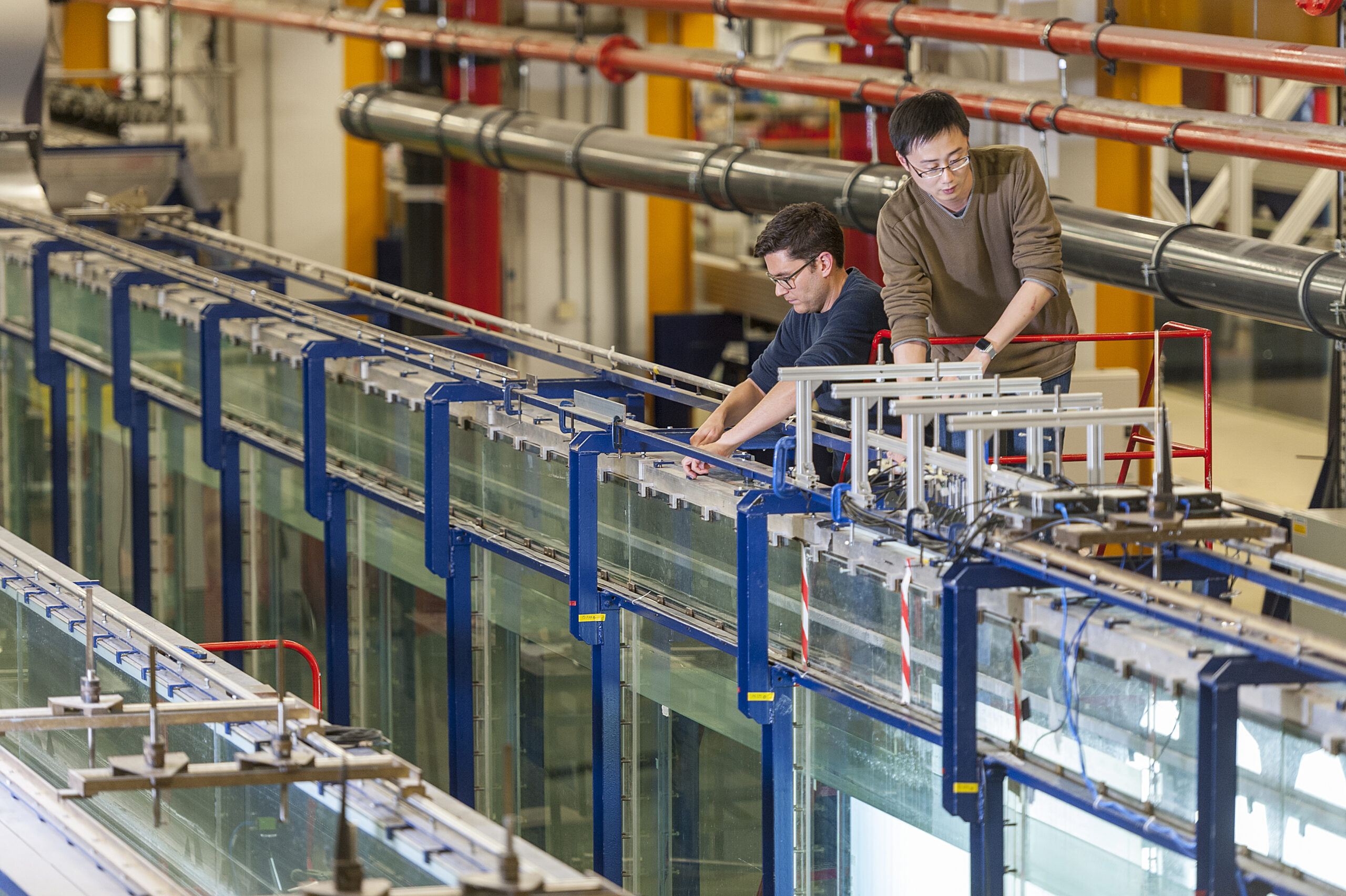

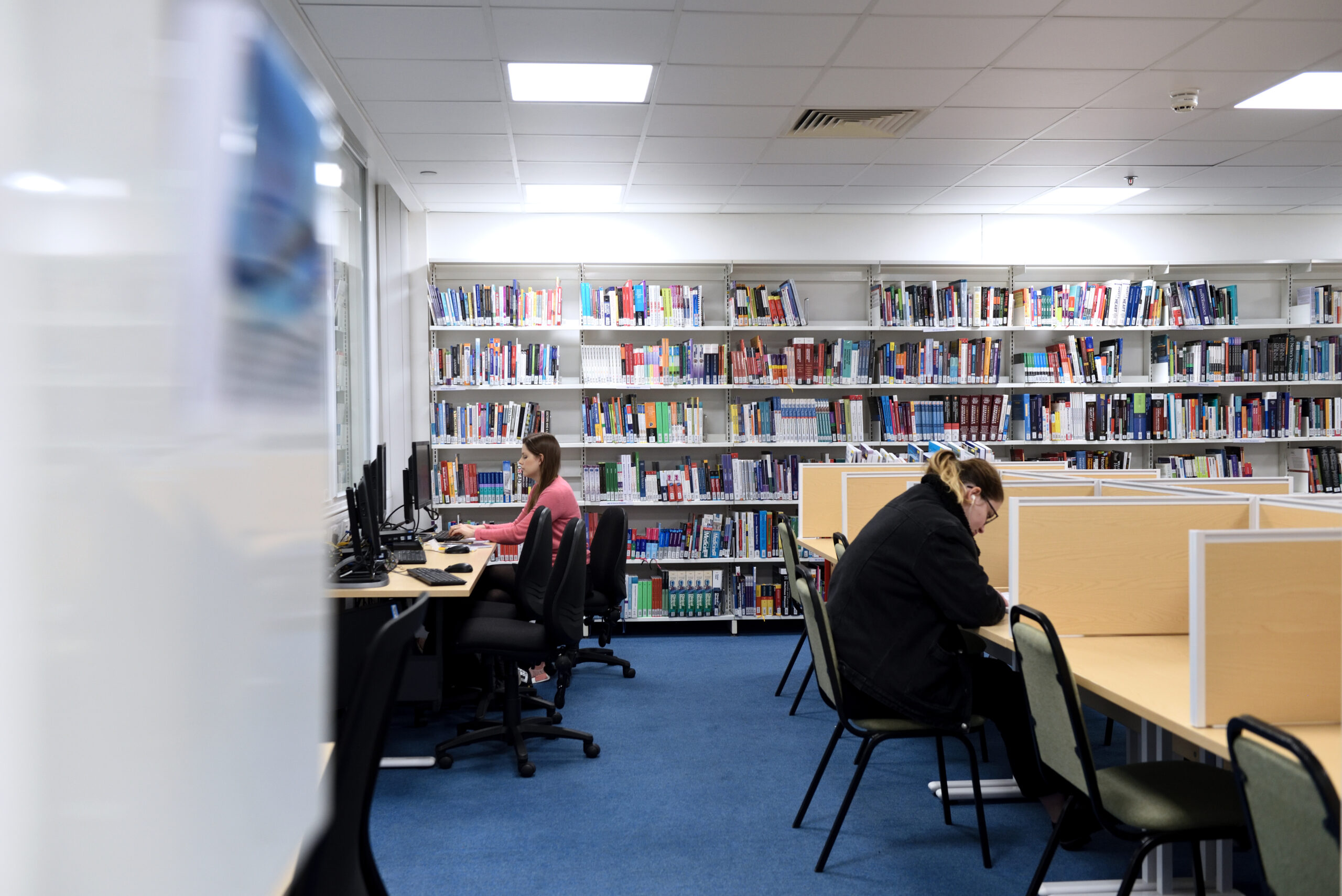


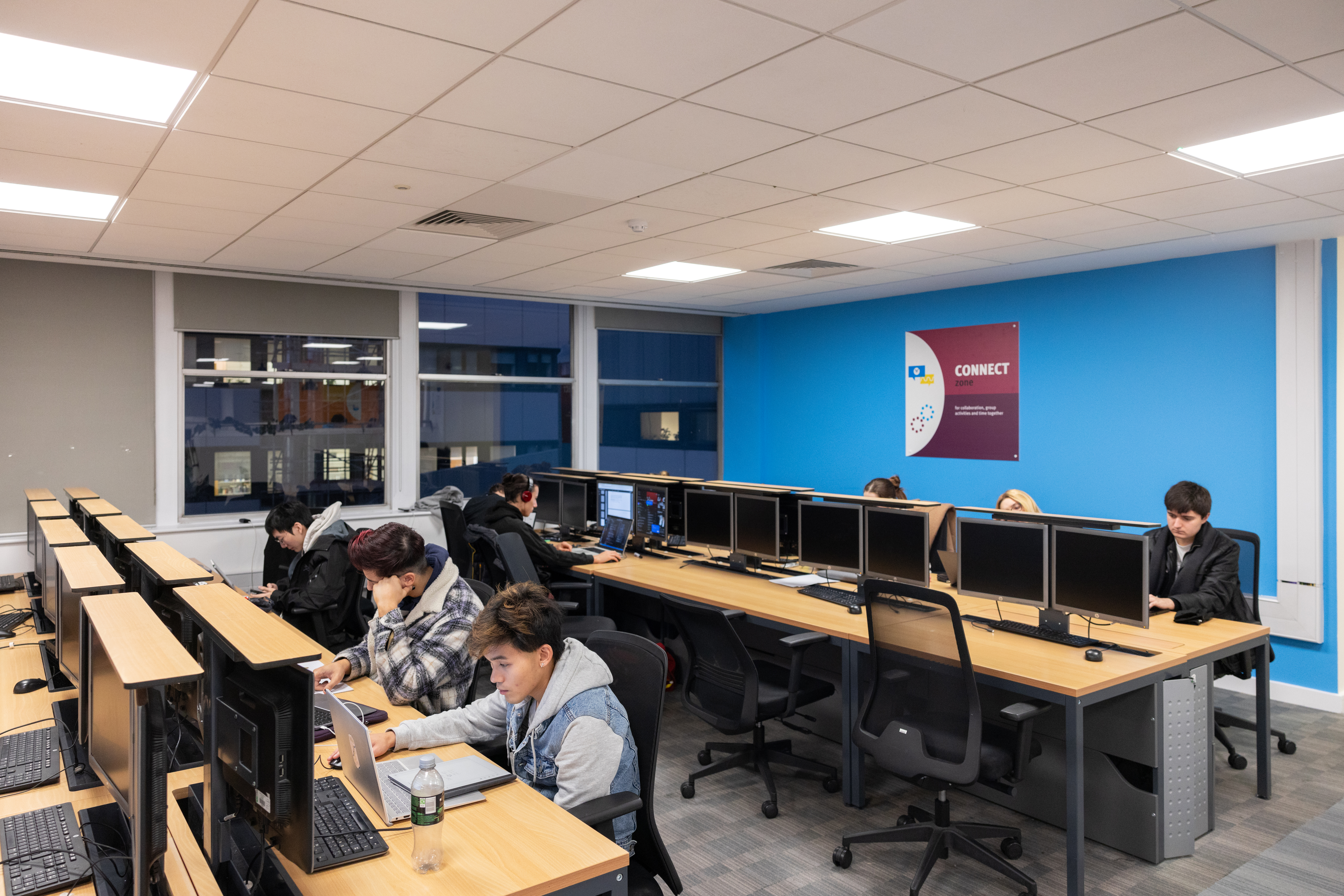
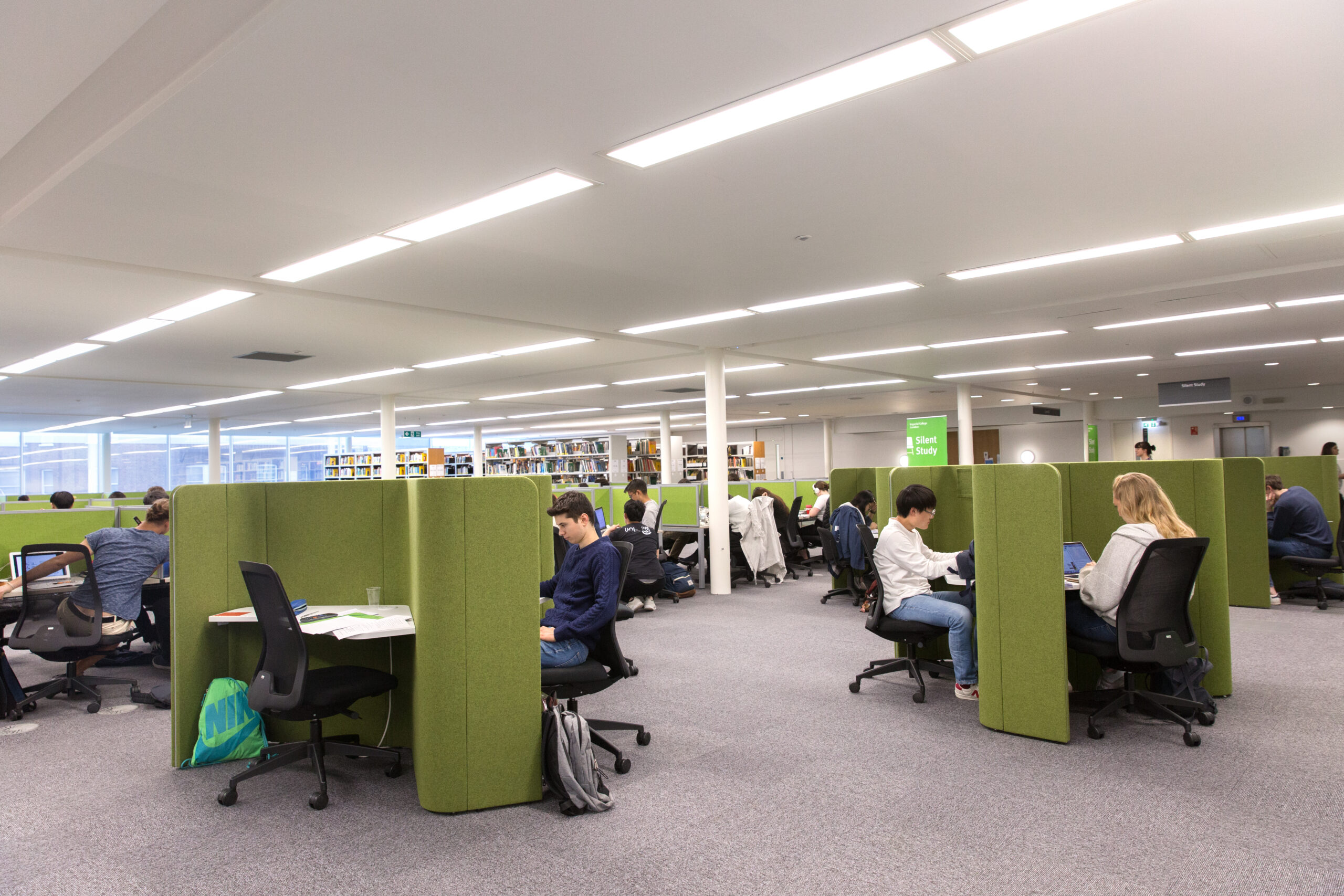


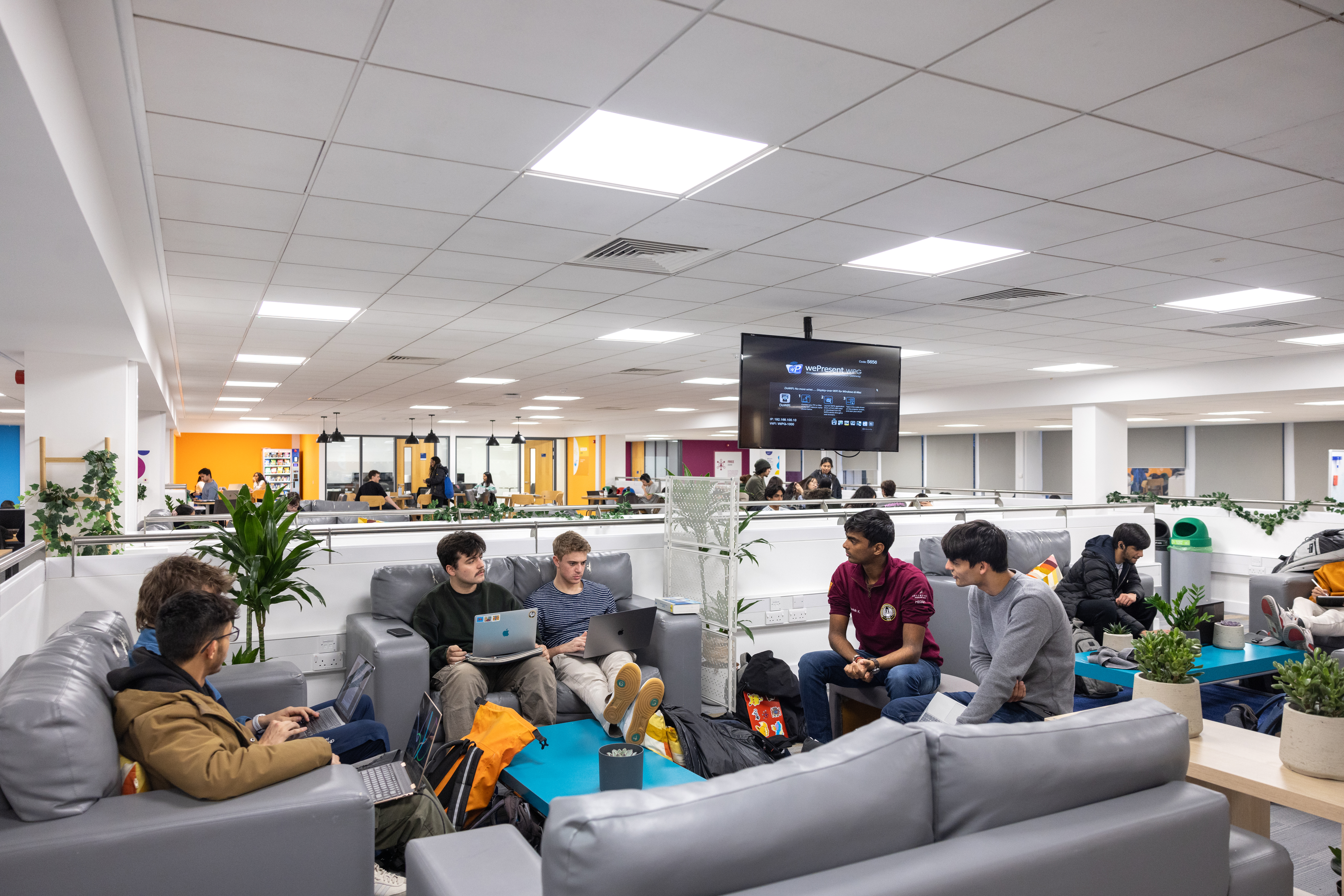
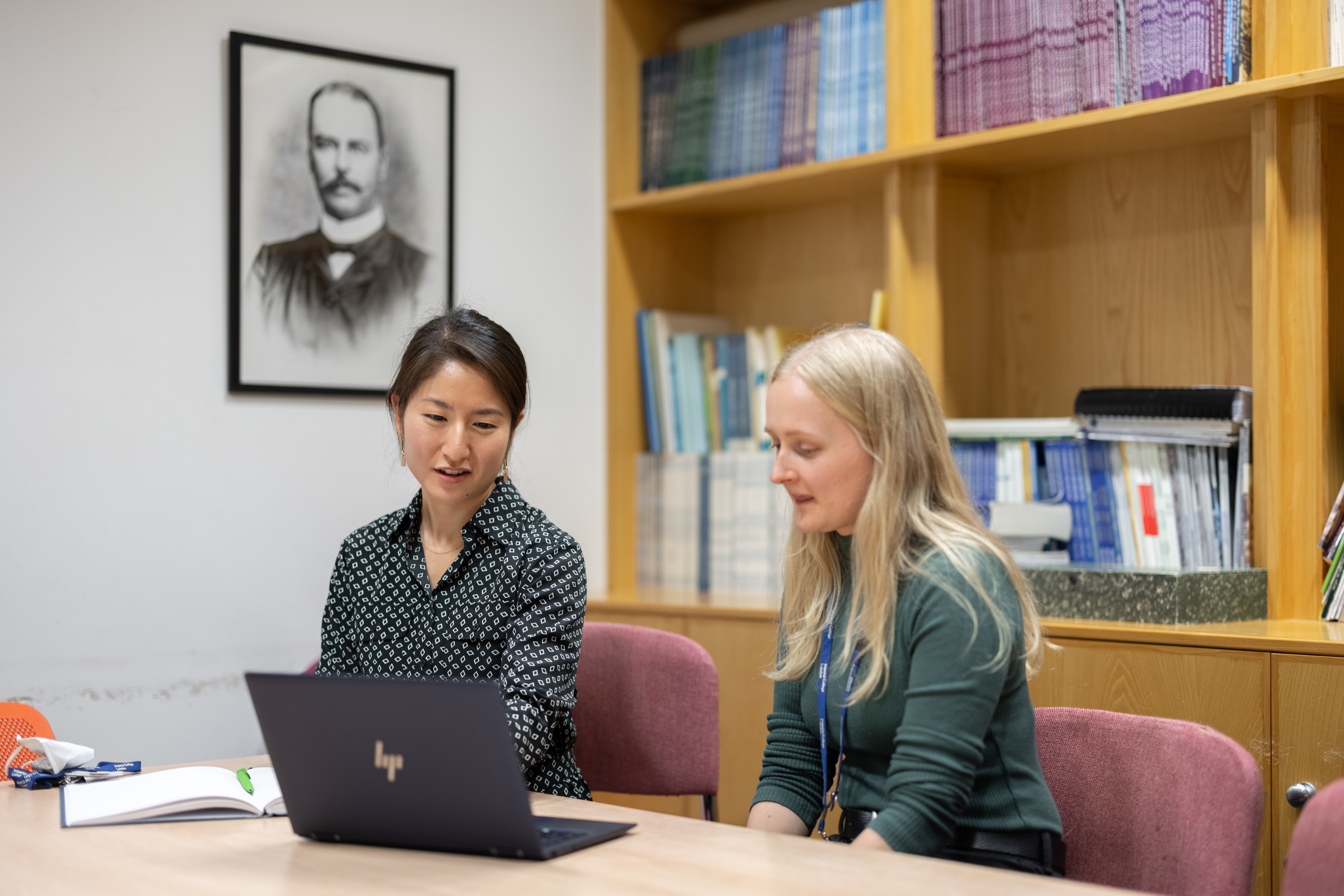


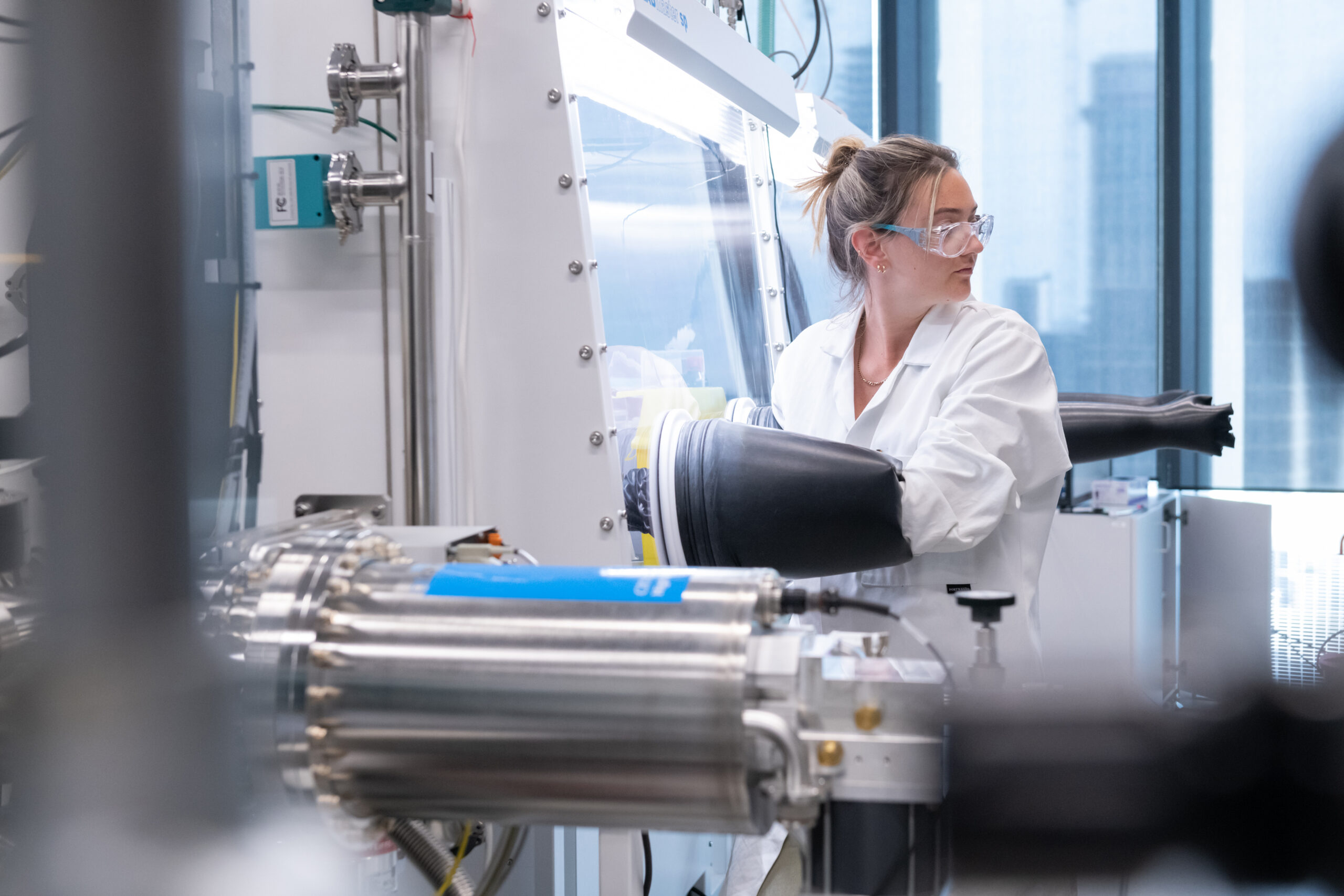


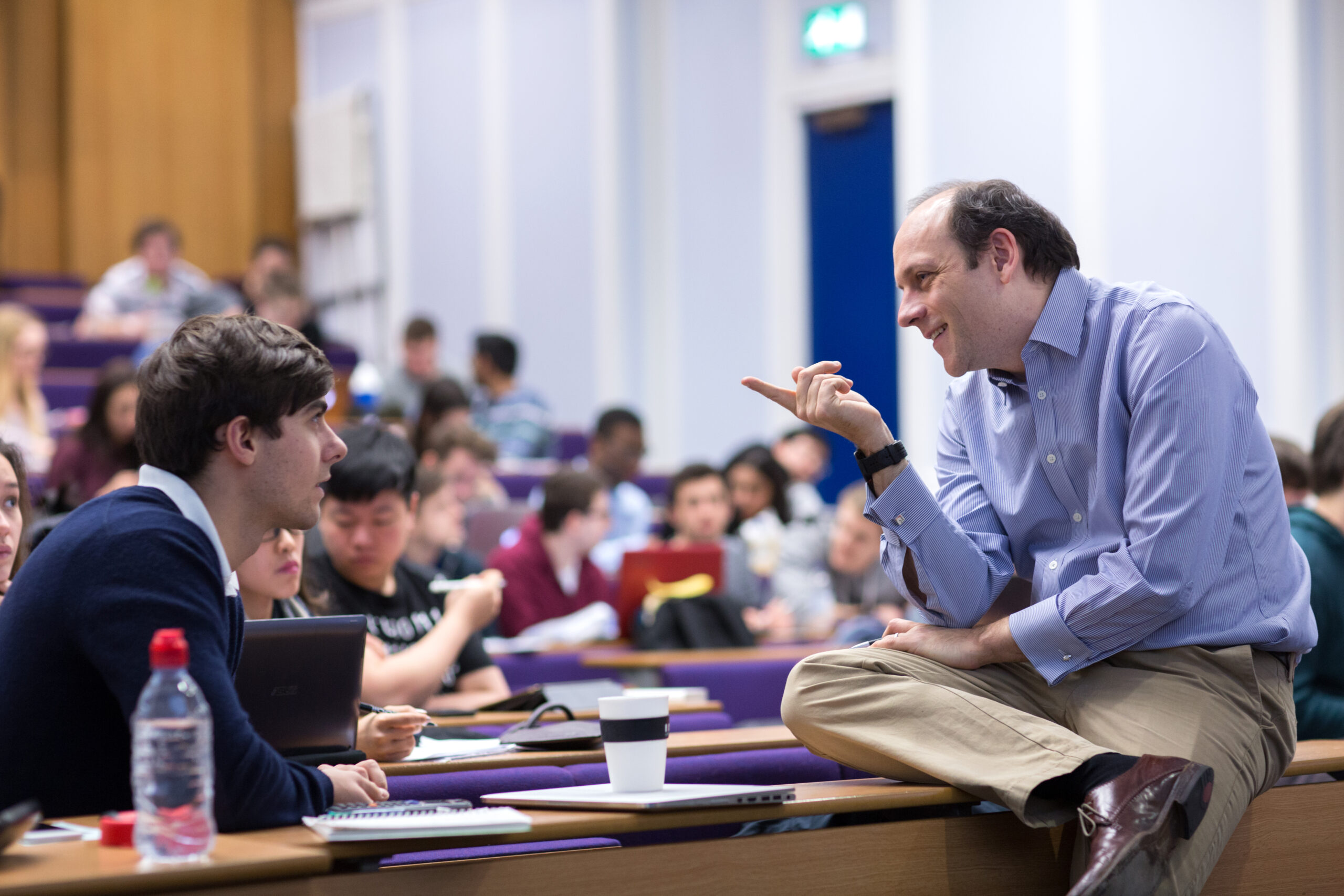
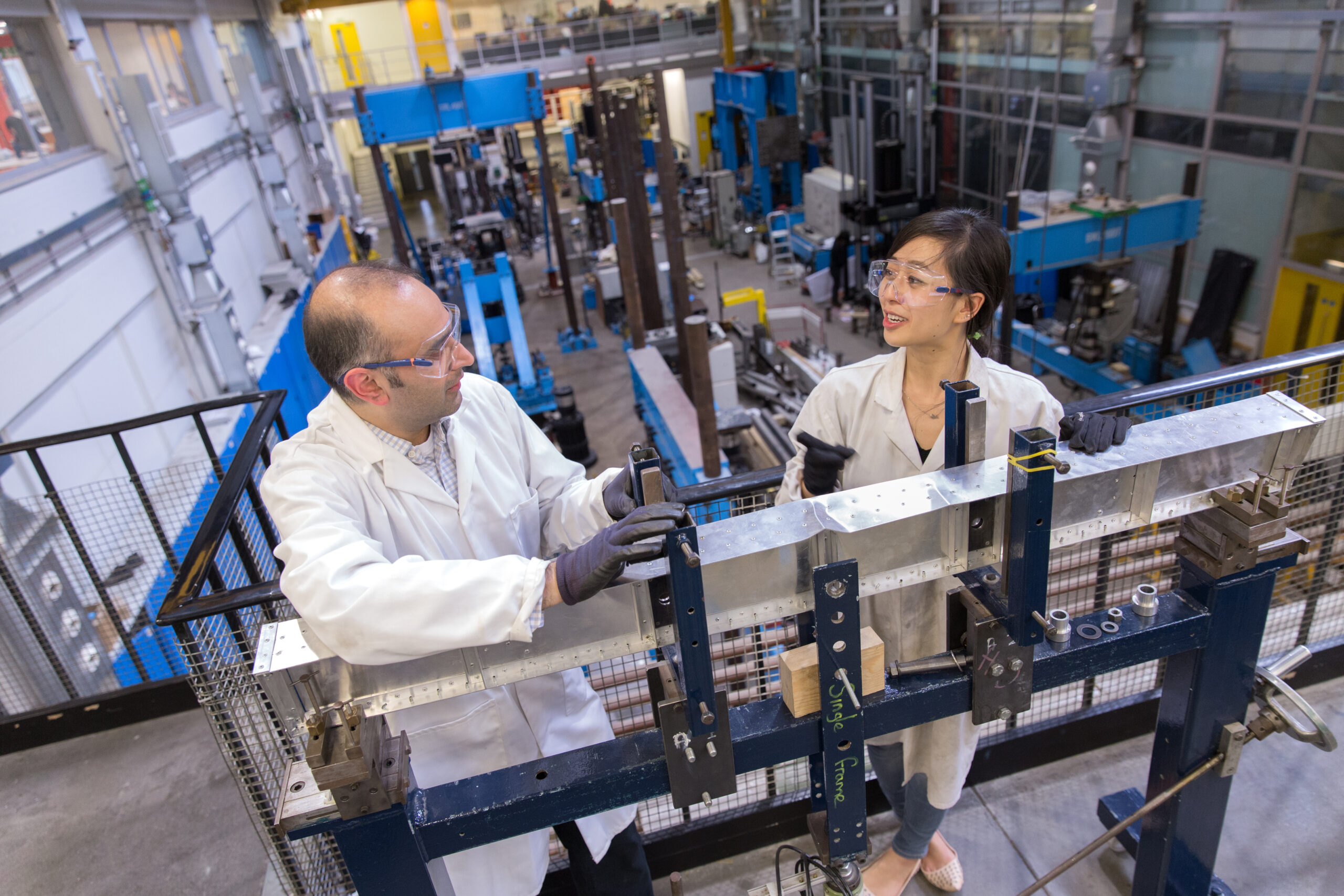
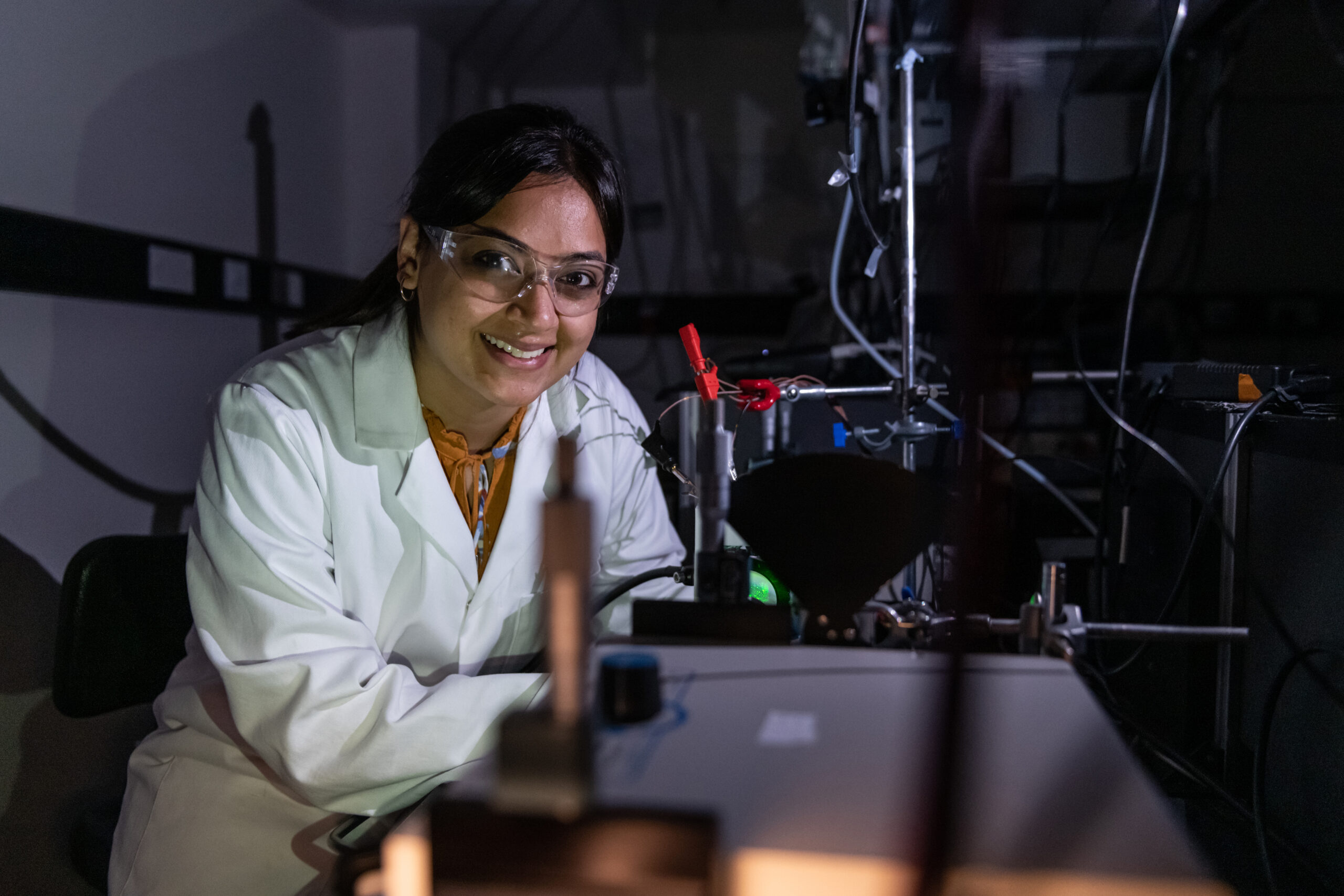
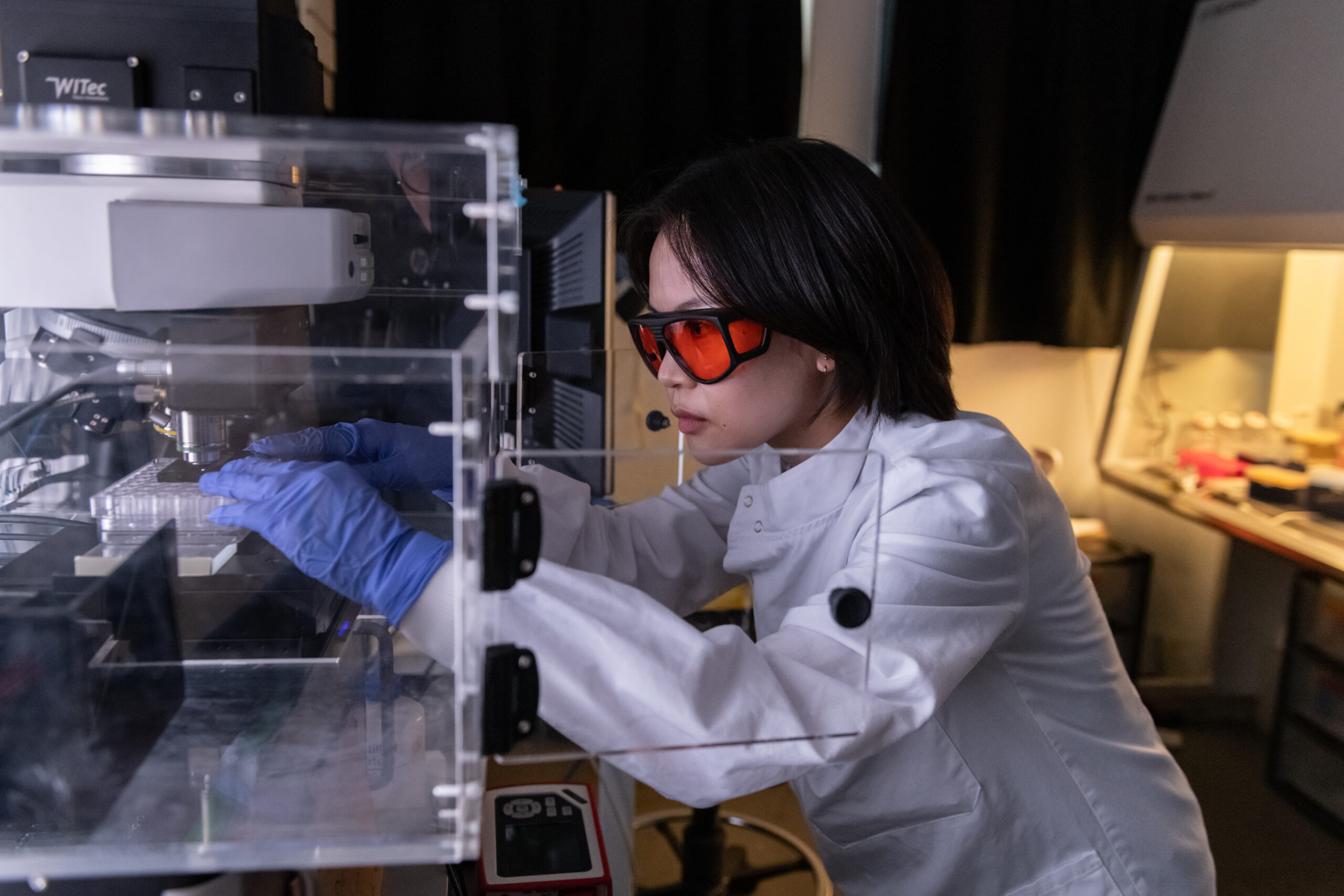

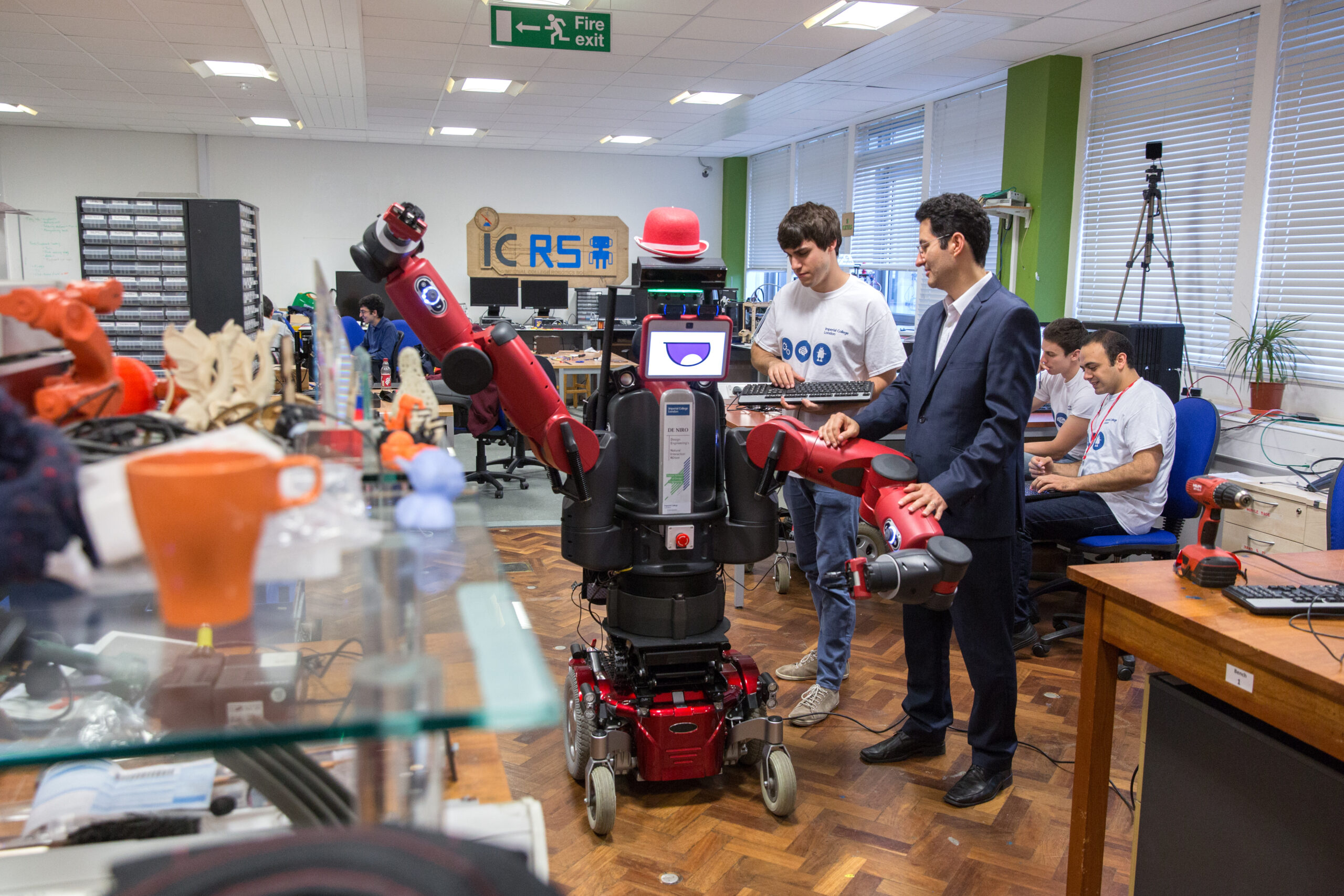
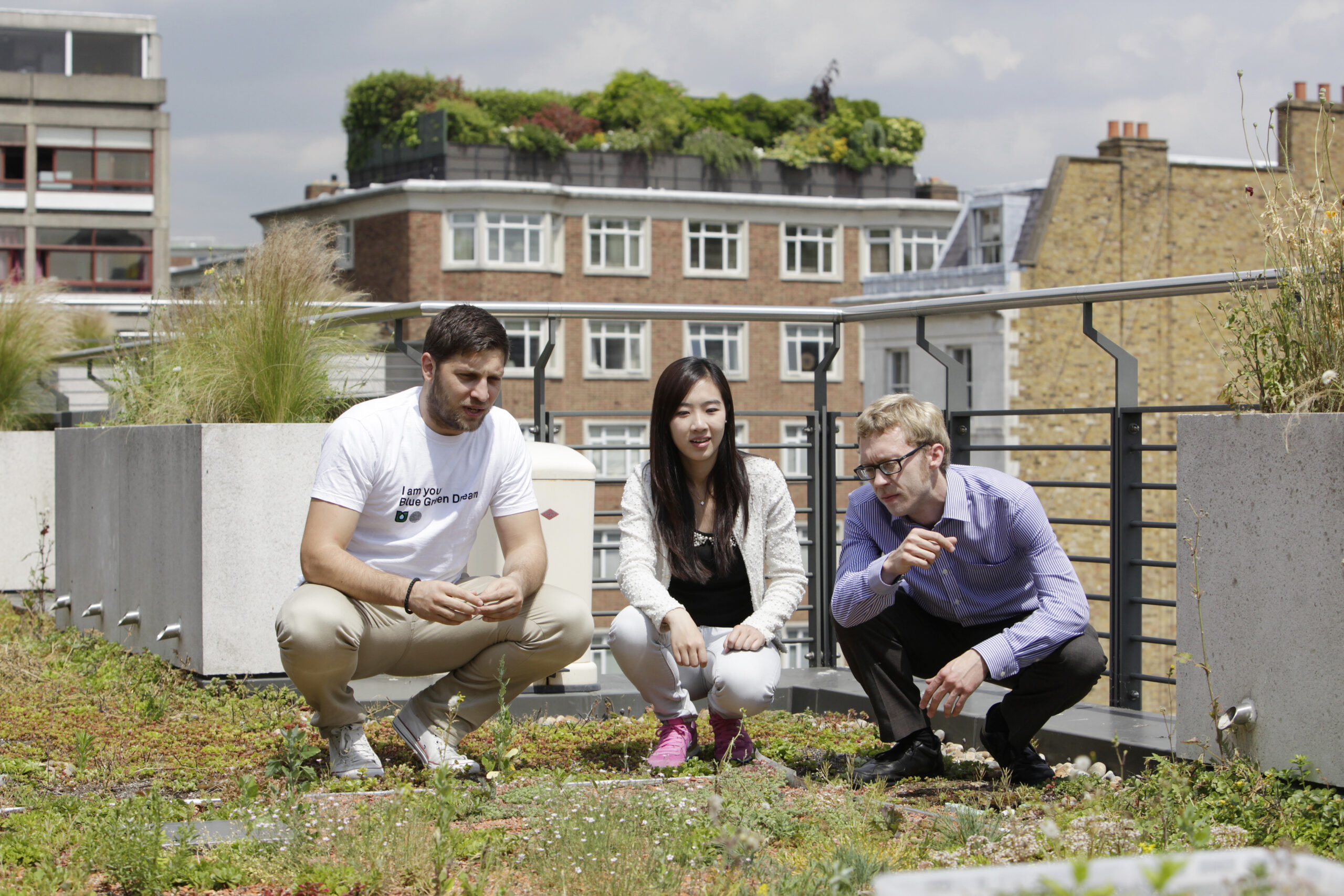
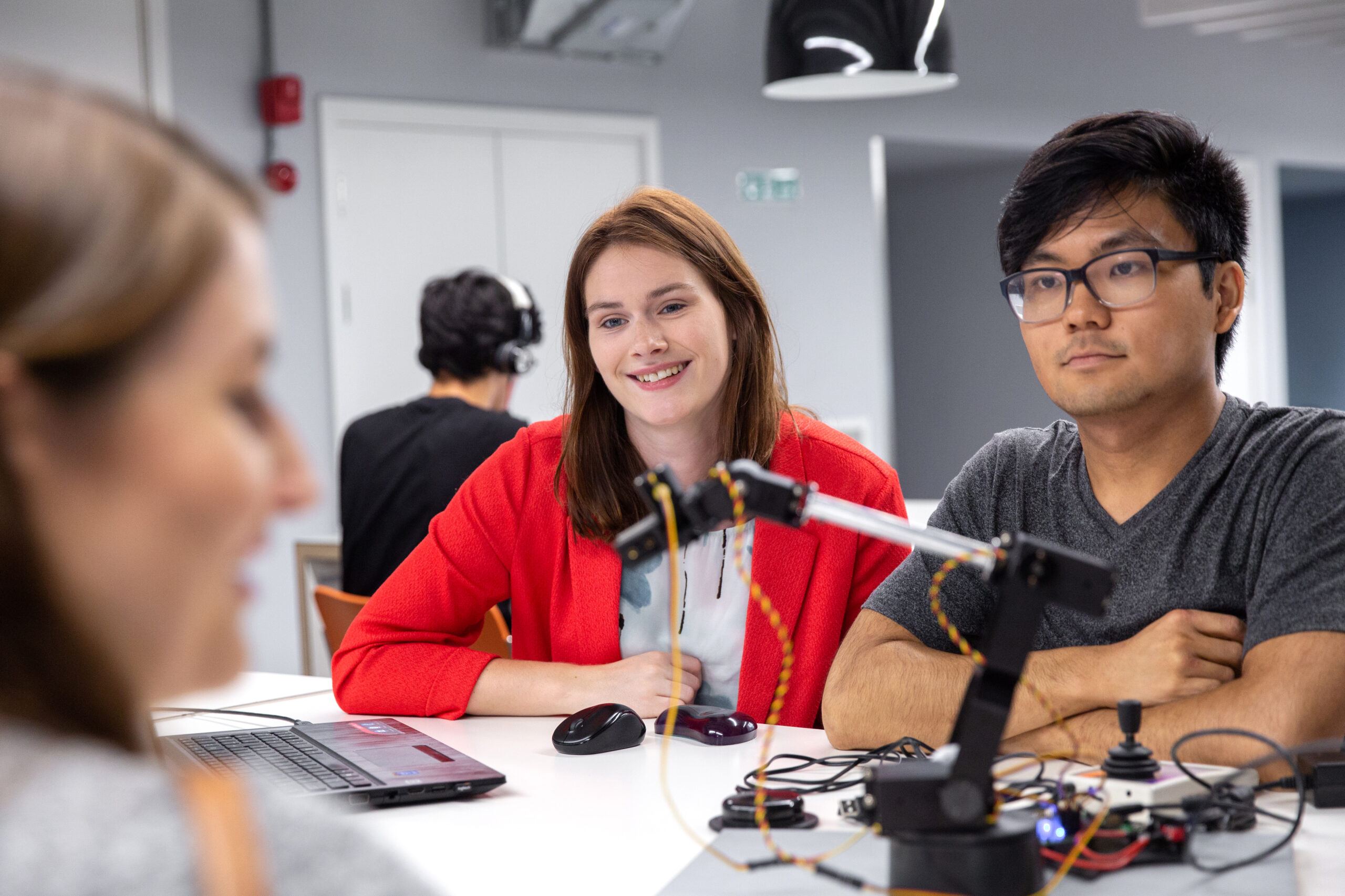
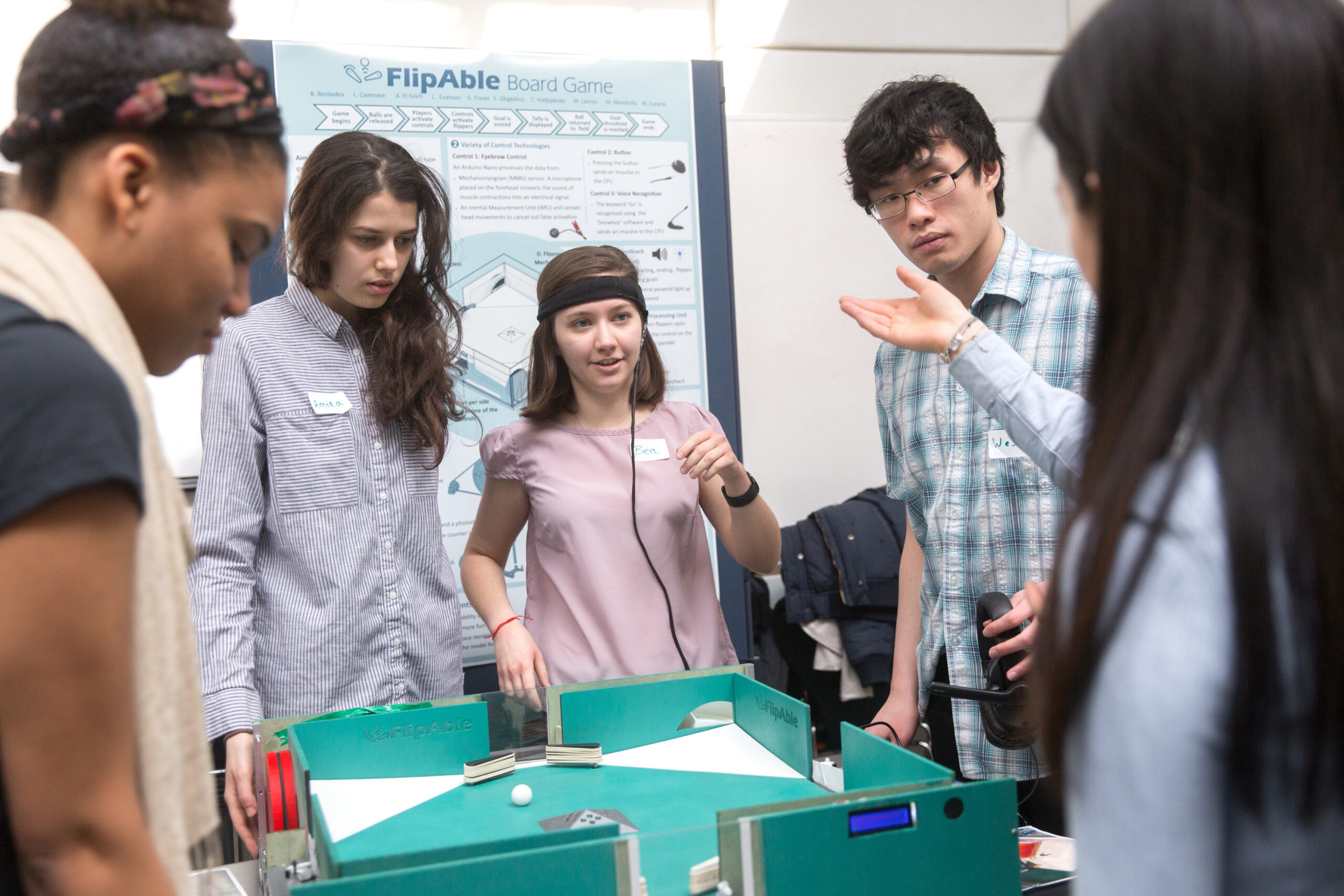

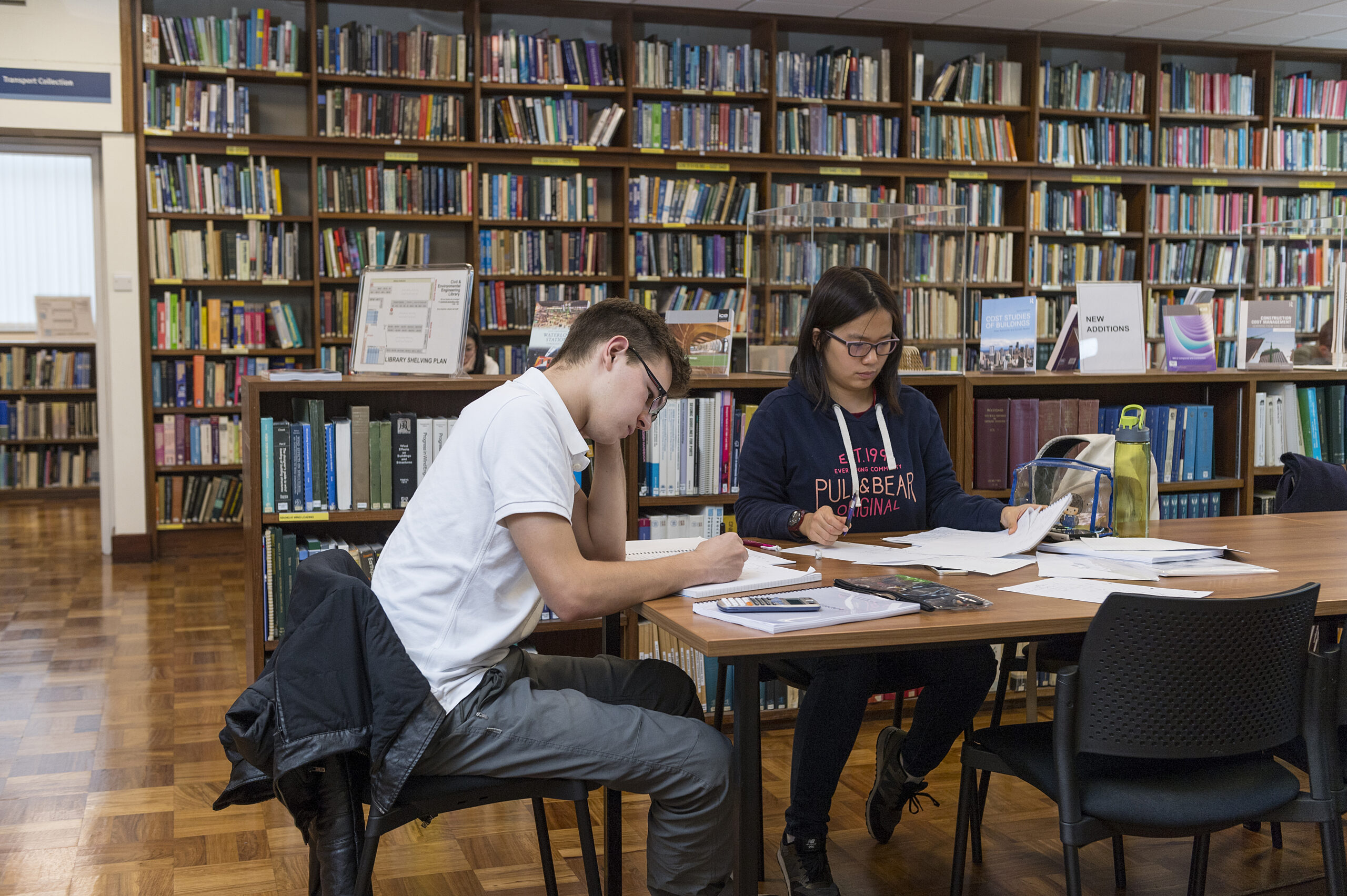
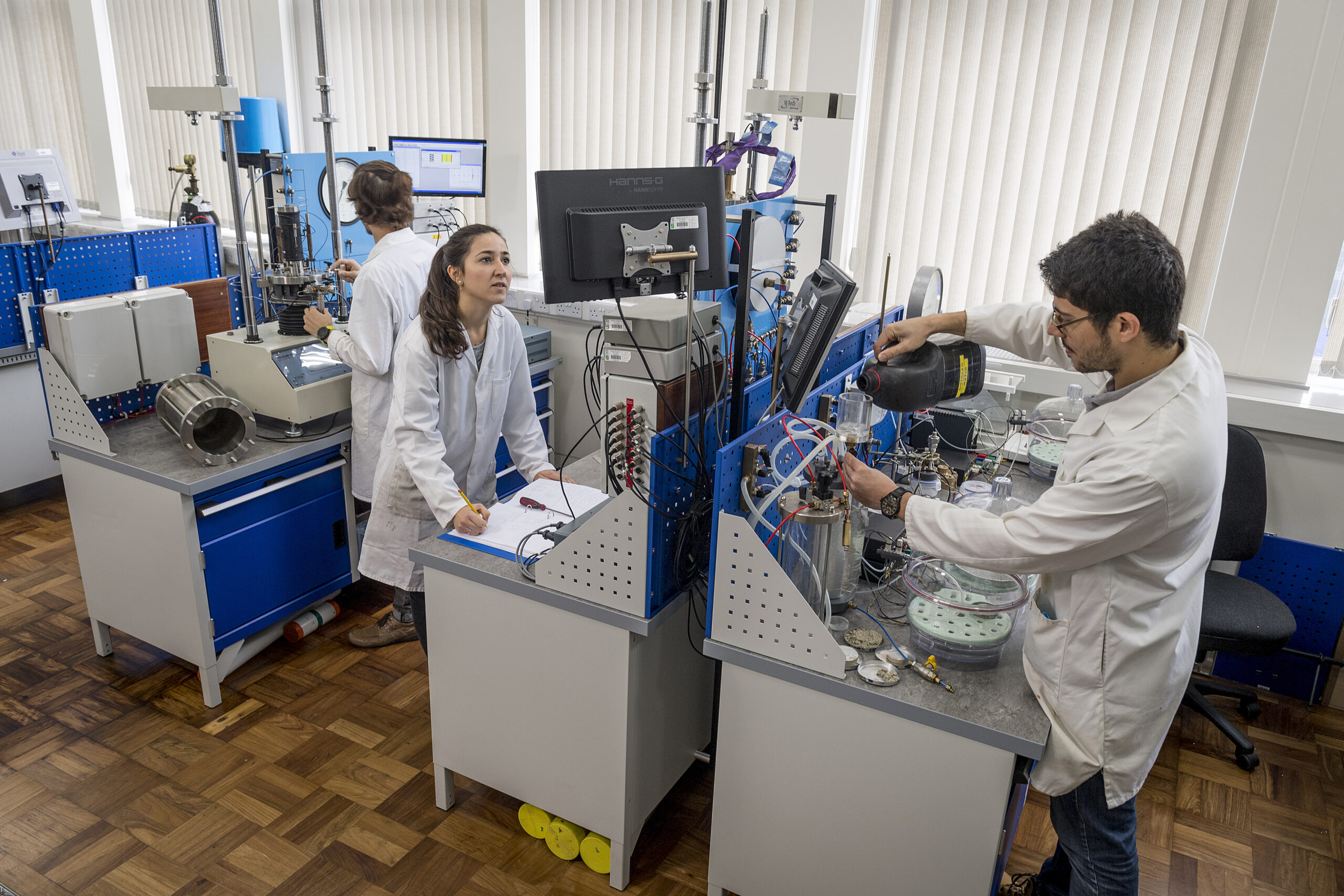

Our strategy, Science for Humanity, is unashamedly ambitious in seeking to maximise Imperial’s potential as a force for good in the world. It builds on the university’s strong disciplinary foundations, highly collaborative and collegial culture, passion for innovation, proven convening power, extensive global partnerships, incredible network of alumni, friends and supporters and world top ten ranking.
Our strategy highlights a number of cross-institutional initiatives that will consolidate our position among the world’s leading institutions tackling global grand challenges. The Imperial Class of 2030 is an ambitious multi-pronged programme to nurture the most talented, the most enterprising and the most diverse graduating class we have ever had the privilege to serve. This will be in part driven by new investments in our Imperial Inspires Scholarship Programme, our digital and virtual learning environment and our campuses, including the next phase of our White City Deep Tech Campus.
We will launch a major recruitment drive, the Imperial Future Leaders Campaign and we will invest in leadership development and skills for our diverse community, including a new Imperial Future Leaders Academy for early-career staff. We will introduce the new Imperial Institute of Extended Learning, which will help future-proof careers, businesses and communities by providing the advanced skills training and values-driven leadership needed to thrive in a tech-enabled world.
We will create four new cross-institutional Schools of Convergence Science to bring intense focus, interrogation and research impact to the emergent forces shaping our future at unprecedented scale:
And through our new Imperial Global network we will achieve greater global collaboration to meet global grand challenges. To further energise our vibrant enterprise ecosystem, we are creating a new venture fund, Science Capital Imperial. And we will deepen our partnerships with government, industry, our NHS partners, local communities and other stakeholders to establish the Imperial WestTech Corridor, to maximise our collective potential as a powerful engine for innovation, job creation and inclusive growth.
And underpinning everything that we do will be Sustainable Imperial – our university-wide commitment to play a leading role in the global fight against climate change, biodiversity loss and pollution. Our founding mission was ‘to be useful’; an understated precis of all that our exceptional teaching, research and innovation have made and continue to make possible.
But before we can usefully change the world, we must first seek to understand it. Our strategy engages with, and animates, this foundational idea: that Imperial’s shared purpose is one of inquiry and action. A scientific mindset that encourages imagination, celebrates precision, demands patience, insists on humility, rewards accidents, steels our backs and makes us brave.
In science, as in strategy, there is no easy prophecy and no shortcut to progress. An understanding – sharpened, deepened, or totally new – is the first and only precondition.
Leading science
We are a science-based university with a difference. Our enduring STEMB focus, and the exceptional disciplinary foundations that underpin it, are the reason for our continued high-impact trajectory and
place among the top ten universities in the world.
Interdisciplinary research
We are an ecosystem that thrives on connection and collaboration. The complexity of the challenges before us demands a truly integrated interdisciplinary approach. At Imperial, we forge links between faculties, departments, disciplines, industries, governments and more because we know that greater possibility for advancement is found at those intersections.
Inspiring students
We are a welcoming home for scientific imagination; a place where exceptional minds are enabled with inspiration, resource and freedom so that they might look deeper, dream further and ask bigger questions.
Meaningful impact
We have the spirit of a 117-year-old startup with an agility and orientation to the future that belies our age and heritage. Here you will find a culture of discovery, innovation and entrepreneurial thinking, where breakthrough science is chased, translated and applied at incredible speed and with transformative impact.
A trusted partner
We are an ally of progress, seen by many of the world’s leading knowledge and technology-driven organisations as a cultivator of exceptional talent and future leaders, and trusted as the partner of choice for research, innovation and impact.
The legacy of London
We are a global hub in a global city. Our work shapes the world and our community reflects it, brought together by the undeniable gravitational pull of London’s energy, creativity, diversity, economy and opportunity.
This strategy imagines a path through an unpredictable world that is facing unprecedented challenges. It is a blueprint to ensure we continue to maximise our potential as a force for good in the world, to deepen our rare and specific competencies, and to serve students and society in the uncertainty of tomorrow.
After all, as one of the world’s leading research universities, we are purpose-built to engage with uncertainty, and to summon our strengths against it. This is how we prepare for the expected and the unexpected. This is how we rigorously fulfil our educational mission and our research potential.
It is how we shape the future. And it begins with three core aims.
To ensure our strategy will have a meaningful and enduring impact, we know we must create opportunities for everyone in our community to fulfil their potential – always guided by our values and behaviours: Respect, Collaboration, Excellence, Innovation and Integrity.
Great people
We will continue to attract, nurture and support world-class talent from everywhere. Our strength comes from celebrating and harnessing the diversity of our community where everyone contributes their own perspective, experience and skills so that together we can excel in the delivery of our shared mission.
We will champion an inclusive culture and invest in people so that they are inspired and equipped tounleash their potential. We will build and maintain a culture centred on the wellbeing, growth and belonging of our community. We will create a diverse and vibrant community where our values are evident to all, and we are recognised as innovators in every aspect of our work.
Great environment
We will create an integrated human, physical and digital ecosystem that fosters and facilitates collaboration and community and promotes discovery, learning and innovation. And we will deliver sustainable campuses to meet our 2040 Net Zero Carbon commitments.
The pace of technological change has never been faster. We will leverage the digital landscape and increased digital innovation to grasp new opportunities that are essential to the achievement of our world-class
research and education. We will create a world-class digital experience for students. Our staff will have the tools and facilities they need to undertake world-changing research.
Great support
A world-leading academic endeavour must provide everyone with the opportunities and tools they need to thrive. We will support our staff to deliver an inspirational education and to take the inception of a research idea through to publication and translation into real-world application.
We will give our students a consistently inspiring, tailored and supportive experience from application through to their lifelong interactions with Imperial as part of our alumni community. We will foster a culture of innovation and practice of continuous improvement where colleagues are empowered to combine their strengths collectively to turn great ideas into an even better service.
The Equality, Diversity and Inclusion Centre (EDIC) is a dedicated team that works to support staff and make Imperial a better place to work by promoting equality, diversity and inclusion (EDI). We offer guidance, training and support as part of the university’s HR services. We listen and talk to staff across Imperial and work towards mainstreaming EDI. We work with individuals, teams, and departments, providing help and advice.
Our main responsibilities include:
Learn more about our commitment to EDI here.
Our goal: The Imperial Class of 2030 will be the most talented, the most enterprising and the most diverse we have ever had the privilege to serve.
Now: We are proud to host talented, high-performing and ambitious students from across the globe, often from backgrounds where the path to academic excellence has not been straightforward.
Our teaching is founded in strong, core disciplines and is research-rich and intellectually stretching. Our taught Master’s programmes delivers specialist education at the leading edge of STEMB. And we encourage all students to broaden their educational experience by exploring other interests such as modern languages, art and music.
Imperial has a strong track record of digital innovation – including our swift transition to online learning at the onset of the COVID-19 pandemic. And because our work doesn’t finish when students graduate, we ensure employability and the advanced skills they need for a tech-enabled future are embedded across our curricula. Because of these qualities and many more, Imperial is proud to have recently been awarded the Queen’s Anniversary Prize, the Times and Sunday Times University of the Year and a Gold Award in the national Teaching Excellence Framework.
Next: The Imperial Class of 2030 will be educated in a welcoming, supportive and appropriately challenging environment where disciplinary excellence, interdisciplinary working and entrepreneurship training are seamlessly integrated and supported by state-of-the-art digital and physical infrastructure and an engaging extracurricular experience. Students will be able explore opportunities for greater interdisciplinarity through further development of Imperial’s I-Explore Programme and through new advanced skills and leadership modules offered by the Imperial Institute of Extended Learning. We will expand the Imperial Enterprise Lab to meet increasing student demand, and the launch of Imperial’s four Schools of Convergence Science will boost our portfolio of taught Master’s programmes.
We will transform Imperial’s digital education infrastructure, including our Digital Media Lab and Virtual Learning Environment, and build on new initiatives such as ViRSE to incorporate virtual reality and other digital technologies into our teaching.
We will make major investments in our physical infrastructure, including the development of the Sherfield Student Hub, upgrades at our Silwood Park eco-campus and our London NHS clinical campuses. We will deliver the next phase of our White City Deep Tech Campus, including a major new interdisciplinary centre co-locating mathematical, data and computer sciences, AI and machine learning, and business education, with new state-of-the-art research facilities for convergence science and co-created industry research and partnerships. We will review and further invest in our student residential, sports and recreation portfolio, and roll out our new whole-institution Mental Health and Wellbeing Strategy.
Together, these plans will ensure that the Imperial Class of 2030 has the freedom to imagine, the encouragement to challenge and an environment to flourish in.
Our goal: We will set a global benchmark for university sustainability, nurturing graduates who understand and advocate for climate science, supporting our researchers to investigate and respond to planetary
challenges and leading by example in our activities and on our campuses.
Now: Few issues unite our Imperial community with such determination and urgency as our desire to address the interlinked existential challenges of climate change, biodiversity loss and pollution. Imperial offers a wide variety of education programmes in climate-related science, finance, technologies and policy. Our research portfolio is among the strongest in the world. Through our partnerships, including the Rio Tinto Centre for Future Materials, the Tata Steel Centre for Innovation in Sustainable Design and Manufacturing and the Hitachi Centre for Decarbonisation and Natural Climate Solutions, we are using our expertise and research to accelerate a sustainable transformation for industry and society.
Imperial experts are working with governments, industry and civil society to advocate for urgent change, including Professor Jim Skea, Professor in Sustainable Energy at Imperial and the current chair of the UN’s Intergovernmental Panel on Climate Change.
Next: By 2025, Sustainable Imperial will be established as an Imperial-wide strategy to deliver evidence-based solutions, embrace new technologies, challenge conventional thinking and open new debate in our efforts to solve this growing global crisis.
The Imperial Class of 2030 programme will equip all our graduates with the climate science literacy to advocate, influence and lead in the fight against climate change and its impacts. The Imperial Institute of Extended Learning will equip individuals and businesses with the skills and business models needed to deploy new technologies towards a net zero future.
With a focus on climate, sustainability and resilience, one of our new Schools of Convergence Science will create a new portal to Imperial expertise and a research community of formidable scale to imagine and test new approaches, technologies and solutions. And we will make our climate expertise accessible to a wider community of global policy makers by providing on-campus deep-dive climate Science Policy Fellowships.
The new Imperial Zero Index, along with our Socially Responsible Investment Policy, will allow us to pursue an ‘engagement for change’ ethos with fossil fuel companies – only engaging where our research is strongly aligned to decarbonisation and if our partner demonstrates a credible strategic commitment to achieving net zero by 2050.
We will make huge investments to transform our campuses and working practices. The university’s Decarbonisation Plan is a comprehensive roadmap to reach net zero for Scope 1 and 2 emissions by 2040 at the latest. Alongside this our Sustainable Procurement Policy will enable us to minimise our Scope 3 emissions in collaboration with our suppliers.
Sustainable Imperial is a remarkable opportunity for the university to live its commitment to environmental sustainability and responsible climate governance within, and far beyond, our campus.
Our goal: We will be a convenor, collaborator and partner of choice to facilitate the flow of ideas, talent and innovation to tackle grand global challenges.
Now: We are proud to be one of the world’s most international universities. Our global collaborations, discoveries and networks are transforming lives and creating opportunity in the UK and around the world.
Our global community brings people together to contribute diverse perspectives, new ideas and fresh approaches to solving complex problems. Our global network of alumni, friends and collaborators amplify our reach and impact. International collaboration is in Imperial’s DNA and at the core of our research: our academics have forged research collaborations in over 190 countries.
We enjoy strong bilateral research partnerships with universities and institutes including Technical University of Munich, Nanyang Technological University, Massachusetts Institute of Technology, African Institute for Mathematical Sciences, Indian Institute of Science Bangalore, Tsinghua University and Centre National de la Recherche Scientifique.
Next: Imperial Global will bring even more of our work to the world, and more of the world to our work, amplifying our impact through a network of hubs in strategic global cities. This network will demonstrate our commitment to building long-term collaborations with a diverse range of partners and stakeholders, foster new high-impact partnerships with industry, government and knowledge organisations, and give us the opportunity to develop deeper links with our alumni.
Our first hubs will be in Singapore, Ghana, the USA and India. They will share characteristics that draw on Imperial’s unique strengths but have different activity profiles that build on existing partnerships and local needs and opportunities.
Imperial Global Singapore is a new presence on Singapore’s CREATE campus initially exploring the cyber security of medical devices. It will allow us to develop significant new research and translation programmes with partners across South East Asia, and support recruitment and career development activities.
Imperial Global Ghana builds on established partnerships in medical diagnostics, sustainable cities and entrepreneurship training. It will be a knowledge hub that develops major programmes across West Africa to increase the number, quality and impact of equitable STEMB partnerships with African stakeholders. It underlines our commitment to building long-term, equitable partnerships on the Continent.
Imperial Global USA will strengthen our research partnerships with US academic and industrial partners and support our growing US alumni network and student recruitment opportunities.
Imperial Global India will build Imperial’s profile and partnerships in an emerging scientific and industrial superpower. The hub will strengthen the important UK-India knowledge bridge to enable STEMB talent to drive forward research, education and innovation in key areas including clean technology, fintech and biosciences.
Imperial Global will enhance our academic partnerships, access to talent, enterprise and engagement. Most importantly, it will become a core part of our efforts to apply science for the good of humanity.
Imperial College London, seeks to appoint a Professorial Chair in Technology Sectoral Analysis. The new Professor, who will be based in the Dyson School of Design Engineering, will serve as Co-Director of the recently established Centre for Sectoral Economic Performance (CSEP), alongside a Chair and Co-Director based in Imperial College Business School. The new Centre is a collaboration between Imperial College’s Business School and the Faculty of Engineering, funded by the Gatsby Charitable Foundation.
The Centre for Sectoral Economic Performance (CSEP) has been established to build a national resource to help ensure that the UK’s high-value science and technology-based industries are globally competitive in the 21st century. The mission of the Centre is ambitious. Objectives include the following.
The new Centre, which is a collaboration between Imperial College’s Business School and its Faculty of Engineering, has been made possible by generous support from the Gatsby Charitable Foundation. CSEP will bring together experts in engineering, economics, and management to work with other groups in Imperial College London and externally when appropriate. It will translate rigorous research into strategies and policies that address both company-level and national competitiveness.
Imperial College London is consistently rated amongst the world’s best universities and is currently ranked 2nd in the QS world rankings. Imperial is committed to developing the next generation of researchers, academics, innovators and business leaders through collaboration across disciplines, and making an impact on global challenges through translation into policy and practice.
Imperial has four academic faculties Engineering, Medicine, Natural Sciences and the Imperial College Business School, as well as a significant number of interdisciplinary research centres focusing on challenging world problems.
Imperial has a leadership model comprising the President, Professor Hugh Brady, and the Provost, Professor Ian Walmsley FRS.
Please refer to further particulars for more information about Imperial College.
Job Title: Professorial Chair in Technology Sectoral Analysis
Department/Division: Dyson School of Design Engineering
Faculty: Engineering
Campus location: South Kensington
Job Family/Level: Academic Job Family, Level Professor
Accountable to: Head of Department
Responsible to: Dean of the Faculty of Engineering
Key working relationship (Internal): CSEP Co-Director (Business School), CSEP Director of Engagement, Head of Department, Associate Dean (Research), Research Project Principal Investigators, Faculty Finance Officer and Finance team, Research Services team, Corporate Partnerships Manager, Advancement team, Marketing team, Events team, Web team, other Faculties’ research support staff
Key working relationship (external): CSEP Strategic Advisory Board, policymakers in the UK and overseas as appropriate, industry associations and other stakeholder bodies, international industry organisations, Research Councils and other funders; CSEP collaborators in other universities
Working hours: As reasonably necessary but normally not less than 35 hours per week
Contract type: Full-time Open-ended
Background of the post
We are seeking to appoint a second Co-Director for the new Centre for Sectoral Economic Performance (CSEP), to be affiliated with the Faculty of Engineering, working with the Co-Director based on the Imperial College Business School and the Centre Operations Manager. The two Co-Directors will have overall responsibility for delivering the Centre’s goals and objectives. They will also be responsible for the overall running of the Centre, its strategy development, guiding the development of new themes and projects, engaging in research translation activities, and monitoring Centre activities to ensure compliance with its governance processes. They will report to the Deans of the Faculty of Engineering and Imperial College Business School, and to the Centre’s Strategic Advisory Board.
The Centre for Sectoral Economic Performance
The UK has strengths in several high value-added science and technology sectors. However, key factors that support accelerated innovation and scale-up of emerging businesses have sometimes been neglected (such as skills, infrastructure, and financial and capital investment). There has also historically been a lack of emphasis on longer-term strategy in policy development and delivery. Addressing these challenges requires a deep understanding of the factors driving productivity, competitiveness, and gross value-added in a given sector. It also requires appropriate evidence-based response measures (regulatory, technology, market, IP, funding, skills, etc.) to be embedded within the policy debate and policy actions.
The objective of the Centre is to address these deficits by bringing together expertise from all branches of engineering, economics and management science, with the specific remit of building a national resource to help ensure that the UK’s high-value science and technology-based industries are globally competitive in the 21st century.
The Centre will work to translate rigorous research into strategies and policies that address both company-level and national competitiveness, with an emphasis on deepening knowledge in value generation, innovation, and productivity, as well as developing recommendations for action by influential audiences in industry, government, and academia.
The new Centre is a collaboration between Imperial College’s Business School and the Faculty of Engineering and builds on foundations established through recent sectoral studies conducted at Imperial College in the areas of biopharma, telecoms and medical devices, the fine chemicals industry.
Specifically, CSEP will focus on the factors and mechanisms that impede or support the development and growth of high-value UK industries by:
The Centre will be national in scale, working together, not only with faculty at Imperial College London, but also with external partners across the UK and internationally (where appropriate).
The Dyson School of Design Engineering
The new Centre will occupy dedicated, state-of-the-art facilities in the Dyson School of Design Engineering, and the new Chair in Technology Sectoral Analysis will also serve as a Professor in the Dyson School of Design Engineering.
The Dyson School of Design Engineering is Imperial College London’s newest academic department. Building on decades of innovation and excellence in Design Engineering as part of the Faculty of Engineering, the Dyson School of Design Engineering was founded as a stand-alone entity in 2014. The School focuses on the co-design of engineering systems and behaviours, and brings together traditional engineering disciplines such as materials, electrical and electronic engineering, and computing science, with areas such as behavioural science, design thinking, ethics, and business model innovation, to foster creativity and rigour in a single engineering discipline.
Currently, the School offers a four-year MEng undergraduate programme in Design Engineering, as well as the world-renowned double-masters programmes in Innovation Design Engineering (IDE) run jointly with the Royal College of Art. The school will also launch three new programmes in 2024; on M.Res in Design Engineering, one M.Sc. in Design Engineering, and a Cleantech Innovation MSc that will be jointly delivered with the Grantham Institute for Climate Change and the Environment.
Research activity in the Dyson School spans several areas that include: sustainable and environmental design; design process; human factors; internet of things; digital health and wellbeing; smart mobility and smart cities; distributed ledger technology; innovation and entrepreneurship; nudging theory; advanced manufacturing; sharing and peer-to-peer economy analytics; responsible and ethical AI; AI governance; robotics; the Circular Economy; and design psychology; all of which underpin the Schools’ impact themes of Responsible AI, Sustainable Growth; Future Mobility as well as Health.
The School works closely with all other departments in the Faculty, and with Imperial College-wide networks including the Human Behaviour and Experience Network, the Robotics Forum, the Leonardo Centre, the Energy Futures Lab, and Imperial-X.
Information about the Faculty of Engineering
The Faculty of Engineering is led by Dean Professor Nigel Brandon OBE FREng FRS. The Faculty provides international leadership in engineering research and education and is widely recognised as a world-leading engineering school. The Faculty is home to 1,746 staff (421 academics, 828 researchers and 496 support staff) and 7,929 students (of whom around 1,700 are research students, spread across ten academics departments:
These departments all consistently excel in prominent league table rankings. Our Faculty is unique in the UK in supporting world-class education and fundamental research across the full range of engineering disciplines. All ten of our academic departments are located in central London, giving a concentration of talent that creates a stimulating and vibrant research culture which promotes multidisciplinary collaborations and attracts internationally leading researchers and scholars.
THE POST – KEY RESULT AREAS, MAIN DUTIES AND RESPONSIBILITIES
Co-Director of CSEP
The primary responsibility of the new Professorial Chair will be to serve as the Co-Director of the new Centre. In this context, applications are sought from outstanding academics with an Engineering background. The successful candidate will have a very strong track record in research leadership and scholarship, including (ideally) experience of managing major research international programmes and / or research centres. They should also have a leading track record of accomplishment in translating rigorous research into strategies and policies that address both company-level and national competitiveness, as well as influencing governmental policy. In addition to the characteristics to be detailed below, we are particularly interested in applicants with a strong track record of scholarship, ideally including experience of managing major R&D programmes or centres.
Professorial Chair, Dyson School of Design Engineering
The new Professorial Chair of Technology Sectoral Analysis will also serve as a Professor in the Dyson School of Design Engineering.
In this specific context, the successful candidate will be able to demonstrate not only an outstanding and world-leading international track record in areas pertaining to Design Engineering, but also the ability, curiosity, and strategic vision necessary to develop the new research directions and partnerships that will help establish the school as a global leader. In addition to outstanding records of accomplishment in areas of relevance to Design Engineering, candidates will be expected to complement and strengthen existing research and teaching activity in the School and be able to innovate to deliver very high quality research-informed teaching at doctoral level.
Appointees are also expected to develop into leading figures within the UK’s Research communities and beyond, building up and sustaining internationally important research teams, and interacting with industrial partners and other disciplinary areas within and outside the university.
Research
Education – Teaching and Training
Strategy and Business Planning
Leadership and Team Working
Management and Administrative duties
Staff Management
Annual Review Conversation (ARC)
The Annual Review Conversation (ARC) is an opportunity for staff to have a discussion with their line manager, focusing on everything they need to thrive at work. Building on regular one-to-ones, the conversation is designed to be meaningful and constructive, recognising ongoing contributions and planning for the future based on individual and departmental needs and aspirations. Staff are required to participate in these schemes when requested to do so by the Dean of the Faculty, Heads of Departments, and ARC are conducted on an annual basis in conjunction with the line manager.
Mentoring
The College will provide a mentor to the appointee through our Mentoring at Imperial scheme.
Imperial’s mentoring scheme is available to all job families and Faculties across the College and is a widely used development tool that has positively impacted effectiveness, confidence, and career advancement. At the heart of mentoring is a relationship based on trust and mutual regard where one colleague uses their expertise and knowledge to support the development of another colleague. Most mentoring occurs between senior and junior colleagues, although peer mentoring, where there are little or no differences in seniority, is also possible. The mentee is encouraged and challenged to achieve their potential and aspirations through one-to-one confidential conversations. It can be helpful at all stages of a career.
Office/administrative facilities/other
The post holder will have office facilities, including computer with internet access, and access to administrative support at South Kensington campus.
Imperial College is committed to equality of opportunity and to eliminating discrimination. All employees are expected to follow the Imperial Values & Behaviours framework. Our values are:
Employees are also required to comply with all College policies and regulations paying special attention to:
Salary and conditions of service
A full set of terms and conditions will be given to the successful candidate, together with Imperial College’s most important policies, which affect staff. We offer a competitive salary depending on the individual’s track record and academic standing.
The principal terms and conditions are as follow:
Total Remuneration Package
Our Total Remuneration Package (TRP) for staff is a key component of realising Imperial College’s strategic aim. The TRP is the overall package of pay, recognition, pensions and other benefits by which we compensate staff for their contributions to Imperial’s mission. Imperial College supports many initiatives to support staff in their personal life (flexible working, private health insurance, staff networks, support for staff, childcare and carers. Benefits to support an active lifestyle and health initiatives, such as cycle to work scheme, whereby you apply for an interest free loan for the purchase of a bicycle to encourage cycling to work for fitness.
Applicants will be assessed against the following person specifications, taking into account the level of the position for which they are applying:
E – Essential: Requirements without which the job could not be done.
D – Desirable: Requirements that would enable the candidate to perform the job well.
All of the following criteria are considered essential unless otherwise noted.
Education
Knowledge and Experience
Skills and Abilities
Personal attributes for all levels
All employees are expected to adhere to the principles set out in its Equal Opportunities in Employment Policy, Promoting Race Equality Policy and all other relevant guidance/practice frameworks. They must also undertake specific training and assume responsibility for safety relevant to specific roles, as set out on the College Website Health and Safety Structure and Responsibilities page.
Job descriptions cannot be exhaustive, and the post-holder may be required to undertake other duties, which are broadly in line with the above key responsibilities.
The College is a proud signatory to the San-Francisco Declaration on Research Assessment (DORA), which means that in hiring and promotion decisions, we evaluate applicants on the quality of their work, not the journal impact factor where it is published. For more information, see www.imperial.ac.uk/research-and-innovation/about-imperial-research/research-evaluation/
The College believes that the use of animals in research is vital to improve human and animal health and welfare. Animals may only be used in research programmes where their use is shown to be necessary for developing new treatments and making medical advances. Imperial is committed to ensuring that, in cases where this research is deemed essential, all animals in the College’s care are treated with full respect, and that all staff involved with this work show due consideration at every level: Find out more about animal research at Imperial.
We are committed to equality of opportunity, to eliminating discrimination and to creating an inclusive working environment for all. We therefore encourage candidates to apply irrespective of age, disability, marriage or civil partnership status, pregnancy or maternity, race, religion and belief, gender reassignment, sex, or sexual orientation. We are an Athena SWAN Silver Award winner, a Disability Confident Leader and a Stonewall Diversity Champion.
Imperial College London, seeks to appoint a Professor of Practice in Technology Sectoral Analysis. The new Professor, who will be based in the Dyson School of Design Engineering, will serve as Co-Director of the recently established Centre for Sectoral Economic Performance (CSEP), alongside a Chair and Co-Director based in Imperial College Business School. The new Centre is a collaboration between Imperial College’s Business School and the Faculty of Engineering, funded by the Gatsby Charitable Foundation.
The Centre for Sectoral Economic Performance (CSEP) has been established to build a national resource to help ensure that the UK’s high-value science and technology-based industries are globally competitive in the 21st century. The mission of the Centre is ambitious. Objectives include the following.
The new Centre, which is a collaboration between Imperial College’s Business School and its Faculty of Engineering, has been made possible by generous support from the Gatsby Charitable Foundation. CSEP will bring together experts in engineering, economics, and management to work with other groups in Imperial College London and externally when appropriate. It will translate rigorous research into strategies and policies that address both company-level and national competitiveness.
Imperial College London is consistently rated amongst the world’s best universities and is currently ranked 2nd in the QS world rankings. Imperial is committed to developing the next generation of researchers, academics, innovators and business leaders through collaboration across disciplines, and making an impact on global challenges through translation into policy and practice.
Imperial has four academic faculties – Engineering, Medicine, Natural Sciences and the Imperial College Business School, as well as a significant number of interdisciplinary research centres focusing on challenging world problems.
Imperial has a leadership model comprising the President, Professor Hugh Brady, and the Provost, Professor Ian Walmsley FRS.
Please refer to further particulars for more information about Imperial College.
Job Title: Professor of Practice in Technology Sectoral Analysis
Department/Division: Dyson School of Design Engineering
Faculty: Engineering
Campus location: South Kensington
Job Family/Level: Learning and Teaching Job Family, Level Professor of Practice
Accountable to: Head of Department
Responsible to: Dean of the Faculty of Engineering
Key working relationship (Internal): Head of Department, CSEP Operations Manager Vice Dean (Research), Research Project Principal Investigators, Faculty Finance Officer and Finance team, Research Services team, Corporate Partnerships Manager, Advancement team, Marketing team, Events team, Web team, other Faculties’ research support staff
Key working relationship (external): CSEP Strategic Advisory Board, policymakers in the UK, industry associations and other stakeholder bodies, international industry organisations, Research Councils and other funders; collaborators in other universities
Working hours: As reasonably necessary but normally not less than 35 hours per week
Contract type: Full-time, five years in the first instance
Background of the post
We are seeking to appoint a second Co-Director for the new Centre for Sectoral Economic Performance (CSEP), to be affiliated with the Faculty of Engineering, working with the Co-Director based on the Imperial College Business School and the Centre Operations Manager. The two Co-Directors will have overall responsibility for delivering the Centre’s goals and objectives. They will also be responsible for the overall running of the Centre, its strategy development, guiding the development of new themes and projects, engaging in research translation activities, and monitoring Centre activities to ensure compliance with its governance processes. They will report to the Deans of the Faculty of Engineering and Imperial College Business School, and to the Centre’s Strategic Advisory Board.
The Centre for Sectoral Economic Performance
The UK has strengths in several high value-added science and technology sectors. However, key factors that support accelerated innovation and scale-up of emerging businesses have sometimes been neglected (such as skills, infrastructure, and financial and capital investment). There has also historically been a lack of emphasis on longer-term strategy in policy development and delivery. Addressing these challenges for the future requires a deep understanding of the factors driving productivity, competitiveness, and gross value-added, in key UK sectors, as well as embedding appropriate evidence-based response measures (regulatory, technology, market, IP, funding, skills, etc.) within the policy debate and policy actions.
The objective of the Centre is to address these deficits by bringing together expertise from all branches of engineering, economics and management science, with the specific remit of building a national resource to help ensure that the UK’s high-value science and technology-based industries are globally competitive in the 21st century.
The Centre will work to develop strategies and policies that address both company-level and national competitiveness, with an emphasis on deepening knowledge in value generation, innovation, and productivity, as well as developing recommendations for action by influential audiences in industry, government, and academia.
The new Centre is a collaboration between Imperial College’s Business School and the Faculty of Engineering and builds on foundations established through recent sectoral studies conducted at Imperial College in the areas of biopharma, telecoms and medical devices, the fine chemicals industry.
Specifically, CSEP will focus on the factors and mechanisms that impede or support the development and growth of high-value UK industries by:
The Centre will be national in scale, working together, not only with faculty at Imperial College London, but also with external partners across the UK and internationally (where appropriate).
The Dyson School of Design Engineering
The new Centre will occupy dedicated, state-of-the-art facilities in the Dyson School of Design Engineering, and the new Professor of Practice in Technology Sectoral Analysis will also serve as a Professor of Practice in the Dyson School of Design Engineering.
The Dyson School of Design Engineering is Imperial College London’s newest academic department. Building on decades of innovation and excellence in Design Engineering as part of the Faculty of Engineering, the Dyson School of Design Engineering was founded as a stand-alone entity in 2014. The School focuses on the co-design of engineering systems and behaviours, and brings together traditional engineering disciplines such as materials, electrical and electronic engineering, and computing science, with areas such as behavioural science, design thinking, ethics, and business model innovation, to foster creativity and rigour in a single engineering discipline.
Currently, the School offers a four-year MEng undergraduate programme in Design Engineering, as well as the world-renowned double-masters programmes in Innovation Design Engineering (IDE) run jointly with the Royal College of Art. The school will also launch three new programmes in 2024; on M.Res in Design Engineering, one M.Sc. in Design Engineering, and a Cleantech Innovation MSc that will be jointly delivered with the Grantham Institute for Climate Change and the Environment.
Research activity in the Dyson School spans several areas that include: sustainable and environmental design; design process; human factors; internet of things; digital health and wellbeing; smart mobility and smart cities; distributed ledger technology; innovation and entrepreneurship; nudging theory; advanced manufacturing; sharing and peer-to-peer economy analytics; responsible and ethical AI; AI governance; robotics; the Circular Economy; and design psychology; all of which underpin the Schools’ impact themes of Responsible AI, Sustainable Growth; Future Mobility as well as Health.
The School works closely with all other departments in the Faculty, and with Imperial College-wide networks including the Human Behaviour and Experience Network, the Robotics Forum, the Leonardo Centre, the Energy Futures Lab, and Imperial-X.
Information about the Faculty of Engineering
The Faculty of Engineering is led by Dean Professor Nigel Brandon OBE FREng FRS. The Faculty provides international leadership in engineering research and education and is widely recognised as a world-leading engineering school. The Faculty is home to 1,746 staff (421 academics, 828 researchers and 496 support staff) and 7,929 students (of whom around 1,700 are research students, spread across ten academics departments:
These departments all consistently excel in prominent league table rankings. Our Faculty is unique in the UK in supporting world-class education and fundamental research across the full range of engineering disciplines. All ten of our academic departments are located in central London, giving a concentration of talent that creates a stimulating and vibrant research culture which promotes multidisciplinary collaborations and attracts internationally leading researchers and scholars.
THE POST – KEY RESULT AREAS, MAIN DUTIES AND RESPONSIBILITIES
Co-Director of CSEP
The primary responsibility of the new Professor of Practice will be to serve as the Co-Director of new Centre. In this context applications are sought from outstanding candidates with significant experience of leadership in, or working with, industry, ideally across several technology sectors and in both the UK and internationally. We are particularly interested in candidates with a world-leading track record of accomplishment in developing strategies and policies that address both company-level and national competitiveness, as well as influencing governmental policy. In addition to the characteristics to be detailed below, we are particularly interested in applicants with a strong track record of scholarship, ideally including experience of managing major R&D programmes or centres.
Professor of Practice, Dyson School of Design Engineering
The successful candidate will also serve as a Professor of Practice in the Dyson School of Design Engineering.
In this specific context, the successful candidate will be able to demonstrate not only an outstanding and world leading international track record in areas pertaining to Design Engineering, but also the ability, curiosity, and strategic vision necessary to develop the new directions and partnerships that will help establish the school as a global leader.
Appointees are also expected to develop into leading figures within the UK’s academic communities and beyond, building up and sustaining internationally important teams, and interacting with industrial partners and other disciplinary areas within and outside the university.
Applicants applying for the position of Professor of Practice are expected to demonstrate an accomplished track record in one or more of the following areas (as stated in official College criteria):
Education
(as evidenced by, for example)
Leadership and Management
(as evidenced by, for example)
Profession and Practice
(as evidenced by, for example)
Policy Research
Education – Teaching and Training
Strategy and Business Planning
Leadership and Team Working
Management and Administrative duties
Staff Management
Annual Review Conversation (ARC)
The Annual Review Conversation (ARC) is an opportunity for staff to have a discussion with their line manager, focusing on everything they need to thrive at work. Building on regular one-to-ones, the conversation is designed to be meaningful and constructive, recognising ongoing contributions and planning for the future based on individual and departmental needs and aspirations. Staff are required to participate in these schemes when requested to do so by the Dean of the Faculty, Heads of Departments, and ARC are conducted on an annual basis in conjunction with the line manager.
Mentoring
The College will provide a mentor to the appointee through our Mentoring at Imperial scheme.
Imperial’s mentoring scheme is available to all job families and Faculties across the College and is a widely used development tool that has positively impacted effectiveness, confidence, and career advancement. At the heart of mentoring is a relationship based on trust and mutual regard where one colleague uses their expertise and knowledge to support the development of another colleague. Most mentoring occurs between senior and junior colleagues, although peer mentoring, where there are little or no differences in seniority, is also possible. The mentee is encouraged and challenged to achieve their potential and aspirations through one-to-one confidential conversations. It can be helpful at all stages of a career.
Office/administrative facilities/other
The post holder will have office facilities, including computer with internet access, and access to administrative support at South Kensington campus.
Imperial College is committed to equality of opportunity and to eliminating discrimination. All employees are expected to follow the Imperial Values & Behaviours framework. Our values are:
Employees are also required to comply with all College policies and regulations paying special attention to:
Salary and conditions of service
A full set of terms and conditions will be given to the successful candidate, together with Imperial College’s most important policies, which affect staff. We offer a competitive salary depending on the individual’s track record and academic standing.
The principal terms and conditions are as follow:
Total Remuneration Package
Our Total Remuneration Package (TRP) for staff is a key component of realising Imperial College’s strategic aim. The TRP is the overall package of pay, recognition, pensions and other benefits by which we compensate staff for their contributions to Imperial’s mission. Imperial College supports many initiatives to support staff in their personal life (flexible working, private health insurance, staff networks, support for staff, childcare and carers. Benefits to support an active lifestyle and health initiatives, such as cycle to work scheme, whereby you apply for an interest free loan for the purchase of a bicycle to encourage cycling to work for fitness.
Applicants will be assessed against the following person specifications, taking into account the level of the position for which they are applying:
E – Essential: Requirements without which the job could not be done.
D – Desirable: Requirements that would enable the candidate to perform the job well.
All of the following criteria are considered essential unless otherwise noted.
Education
Knowledge and Experience
Skills and Abilities
Personal attributes for all levels
All employees are expected to adhere to the principles set out in its Equal Opportunities in Employment Policy, Promoting Race Equality Policy and all other relevant guidance/practice frameworks. They must also undertake specific training and assume responsibility for safety relevant to specific roles, as set out on the College Website Health and Safety Structure and Responsibilities page.
Job descriptions cannot be exhaustive, and the post-holder may be required to undertake other duties, which are broadly in line with the above key responsibilities.
The College is a proud signatory to the San-Francisco Declaration on Research Assessment (DORA), which means that in hiring and promotion decisions, we evaluate applicants on the quality of their work, not the journal impact factor where it is published. For more information, see www.imperial.ac.uk/research-and-innovation/about-imperial-research/research-evaluation/
The College believes that the use of animals in research is vital to improve human and animal health and welfare. Animals may only be used in research programmes where their use is shown to be necessary for developing new treatments and making medical advances. Imperial is committed to ensuring that, in cases where this research is deemed essential, all animals in the College’s care are treated with full respect, and that all staff involved with this work show due consideration at every level: Find out more about animal research at Imperial.
We are committed to equality of opportunity, to eliminating discrimination and to creating an inclusive working environment for all. We therefore encourage candidates to apply irrespective of age, disability, marriage or civil partnership status, pregnancy or maternity, race, religion and belief, gender reassignment, sex, or sexual orientation. We are an Athena SWAN Silver Award winner, a Disability Confident Leader and a Stonewall Diversity Champion.
Our benefits include:
See our full benefits here and learn more about our health and wellbeing here.
Anderson Quigley is acting as an advisor to Imperial. An executive search process is being carried out by Anderson Quigley in addition to the public advertisement.
The closing date for applications is TBC.
The final panel will be held on TBC.
Applications should consist of:
All candidates will be contacted after the shortlisting is completed.
Should you wish to discuss further details about the role in strict confidence, please contact Alicja Janowska on +44 (0)7743 927 783 or alicja.janowska@andersonquigley.com or Kiersten Avery on +44 (0)7510 384 735 or kiersten.avery@andersonquigley.com.